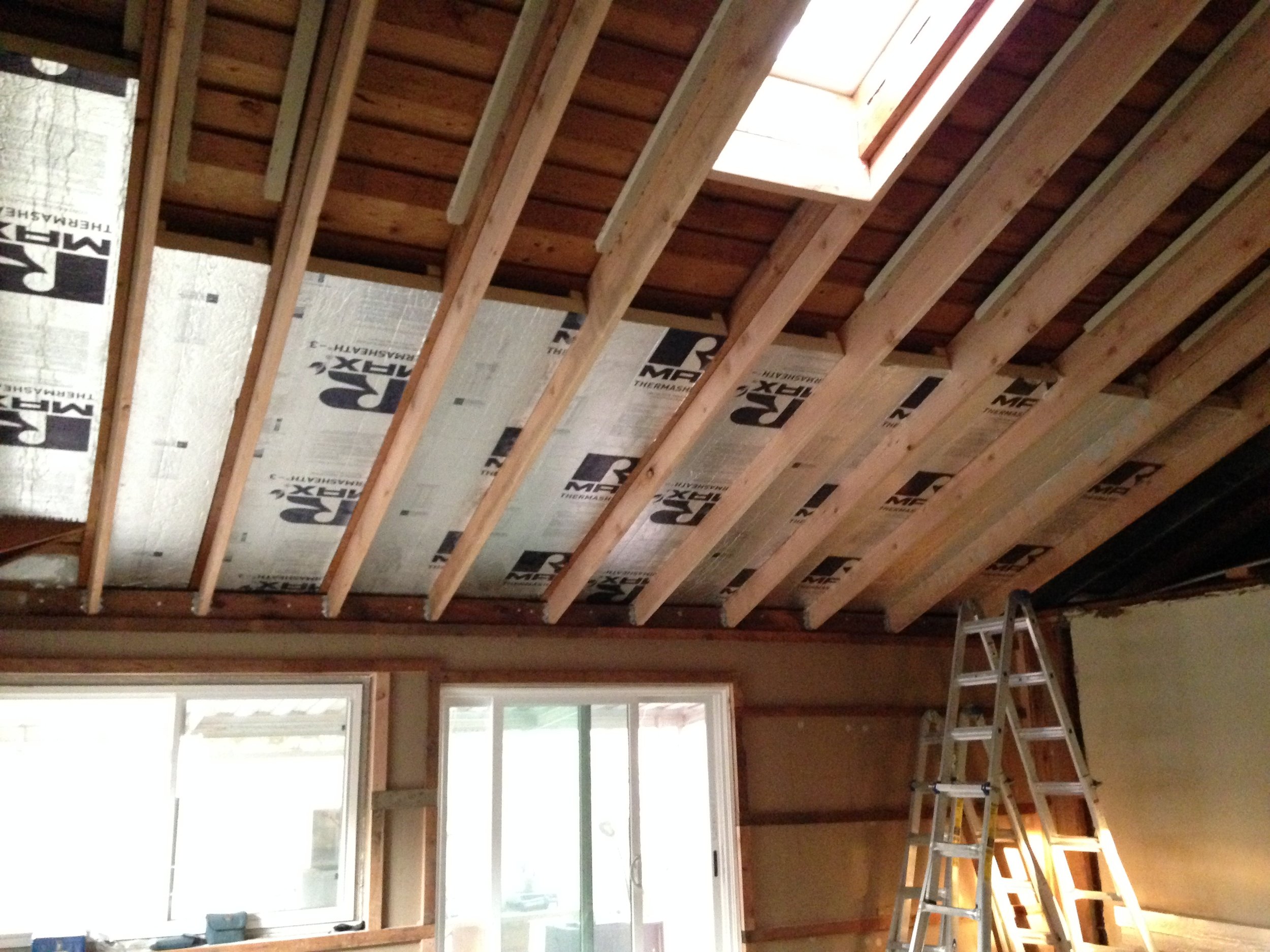Soundproofing for a Peaceful Living Room
The living room is often the heart of a home, where families gather to relax, watch TV, and spend quality time together. However, if your living room is plagued by outside noise, it can make it difficult to enjoy these activities. Fortunately, there are several ways to reduce noise in your living room and create a peaceful and quiet space for you and your family. Here are the top 10 ways to reduce noise in your living room.
1. Soundproofing
The most effective way to reduce noise in your living room is to soundproof it. Soundproofing involves adding materials that block or absorb sound, preventing it from entering or leaving the room. This can be done by adding soundproof insulation to the walls or installing soundproof drywall. You can also hire a professional to soundproof your living room for maximum effectiveness.
2. Acoustic Panels
If you don't want to go through the process of soundproofing, another option is to install acoustic panels on your walls. These panels are made of sound-absorbing materials and can significantly reduce noise levels in your living room. They come in a variety of styles and can even serve as a decorative element in your room.
3. Area Rugs
Hard flooring surfaces like hardwood or tile can reflect sound, making your living room louder. To combat this, add area rugs to your living room. The soft texture of the rugs will absorb sound, reducing the echo and creating a more peaceful environment.
4. Weatherstripping
If you have gaps around your windows and doors, sound can easily enter and exit your living room. To prevent this, install weatherstripping to seal these gaps. This will not only reduce noise but also improve your home's energy efficiency.
5. Seal Gaps
In addition to weatherstripping, you should also seal any other gaps or cracks in your living room. This includes gaps around baseboards, electrical outlets, and pipes. These small gaps may seem insignificant, but they can allow a significant amount of noise to enter your living room.
6. Heavy Curtains
Thick, heavy curtains can also help reduce noise in your living room. The dense fabric of these curtains will absorb sound, making your living room quieter. You can also opt for blackout curtains, which will not only reduce noise but also block out light.
7. Bookshelves
Bookshelves can serve as a dual purpose in your living room – to store books and to reduce noise. The books on the shelves will absorb sound, making your living room quieter. Plus, bookshelves can add a stylish and personal touch to your room.
8. Sound-Absorbing Materials
In addition to acoustic panels and bookshelves, there are other sound-absorbing materials you can add to your living room to reduce noise. This includes cork boards, which can be hung on walls, and foam panels, which can be attached to ceilings.
9. Door Sweeps
Just like windows, gaps around doors can also let in a significant amount of noise. To prevent this, install door sweeps at the bottom of your doors. These strips will create a seal between the door and the floor, reducing noise levels in your living room.
Why Reducing Noise in Your Living Room is Important for Your Overall House Design

Noise pollution is a common problem in many households, affecting the overall ambiance and functionality of the living space. With busy schedules and hectic lifestyles, it's crucial to have a peaceful and quiet living room to unwind and relax. In this article, we will discuss the importance of reducing noise in your living room and how it can greatly improve your overall house design.

Enhances Comfort and Relaxation
One of the main reasons to reduce noise in your living room is to create a comfortable and relaxing environment. Constant noise from outside sources, such as traffic or construction, can be disruptive and affect your ability to fully relax and enjoy your living space. By minimizing noise, you can create a peaceful atmosphere where you can unwind after a long day.
Improves Sound Quality
The design of your living room can greatly impact the acoustics and sound quality in the space. Excessive noise can cause echoes and reverberations, making it difficult to hear conversations or enjoy music, movies, and TV shows. By reducing noise, you can improve the sound quality in your living room and create a more enjoyable viewing or listening experience.
Increases Privacy
Noise can also be a privacy issue, especially if you live in close quarters with neighbors or have thin walls. It can be uncomfortable to have others hear your conversations or activities in your living room. By reducing noise, you can increase privacy and create a more intimate and personal space for you and your family.
Enhances Overall House Design
Noise can greatly affect the aesthetics of your living room. Unwanted sounds can disrupt the flow and harmony of the space, making it feel chaotic and cluttered. By reducing noise, you can create a more cohesive and visually appealing living room that contributes to the overall design of your house.
Conclusion
Noise can be a major hindrance to creating a peaceful and comfortable living space. By reducing noise in your living room, you can enhance comfort, improve sound quality, increase privacy, and enhance the overall design of your house. So, don't overlook the importance of reducing noise in your living room and start implementing noise-reducing techniques for a more serene and enjoyable living space.
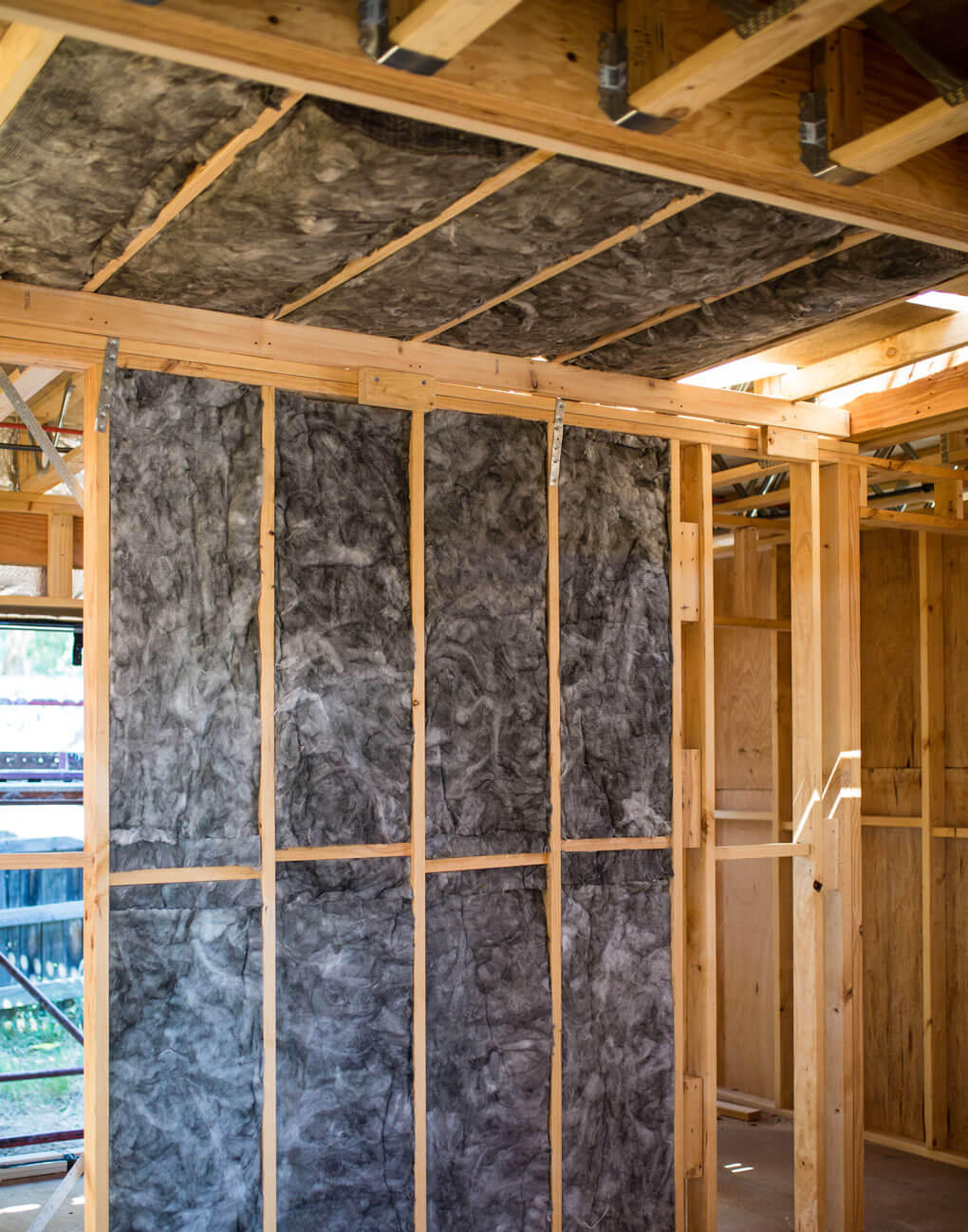



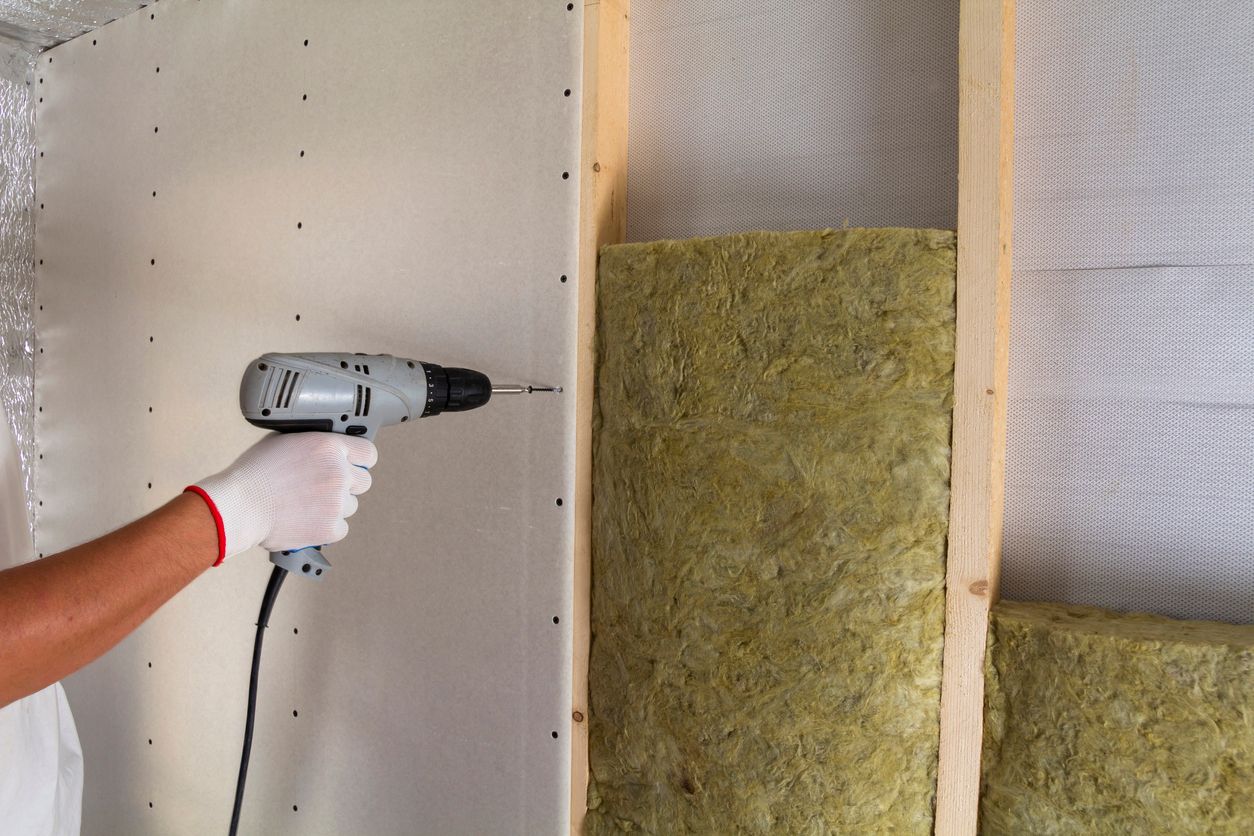




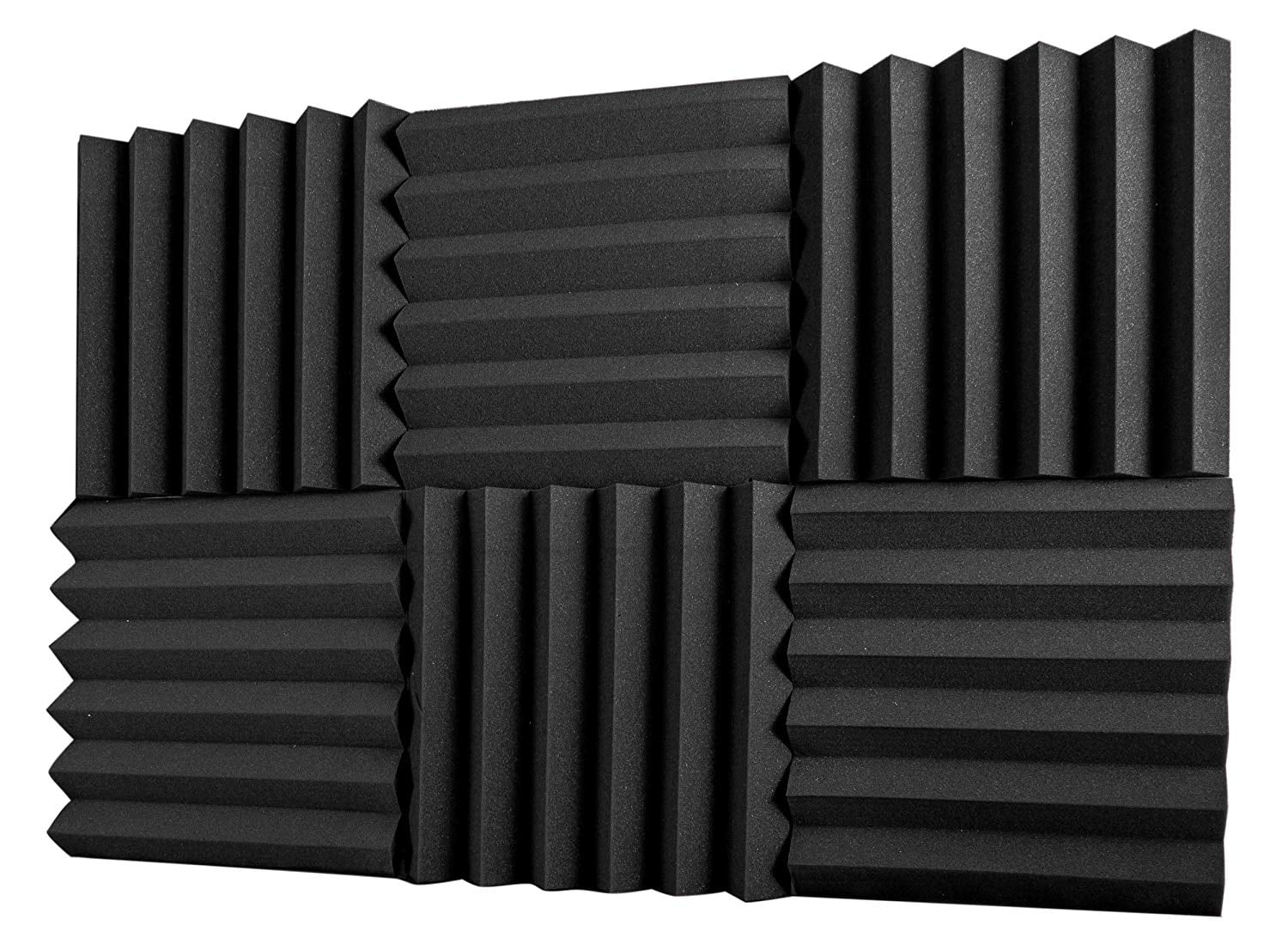
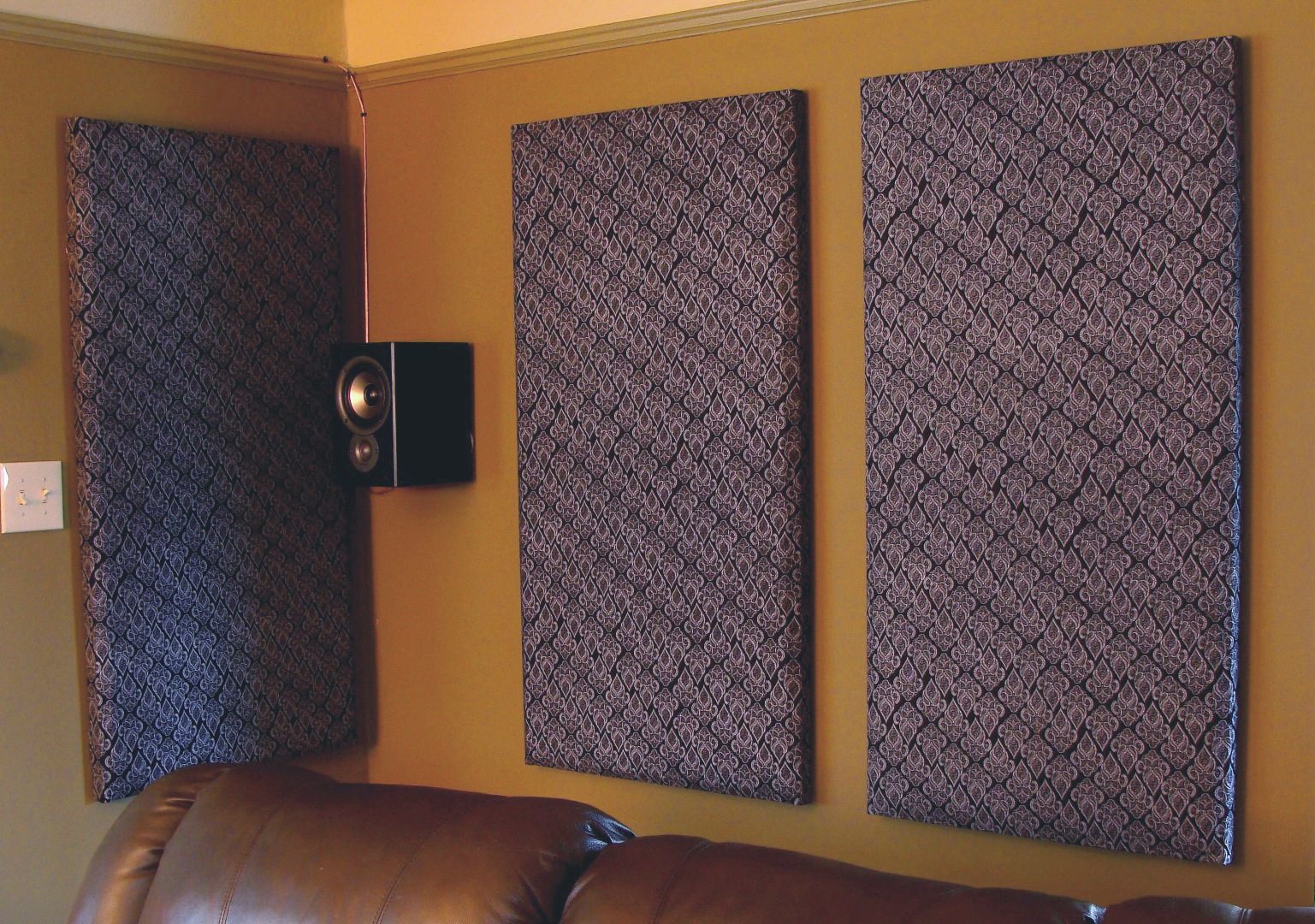

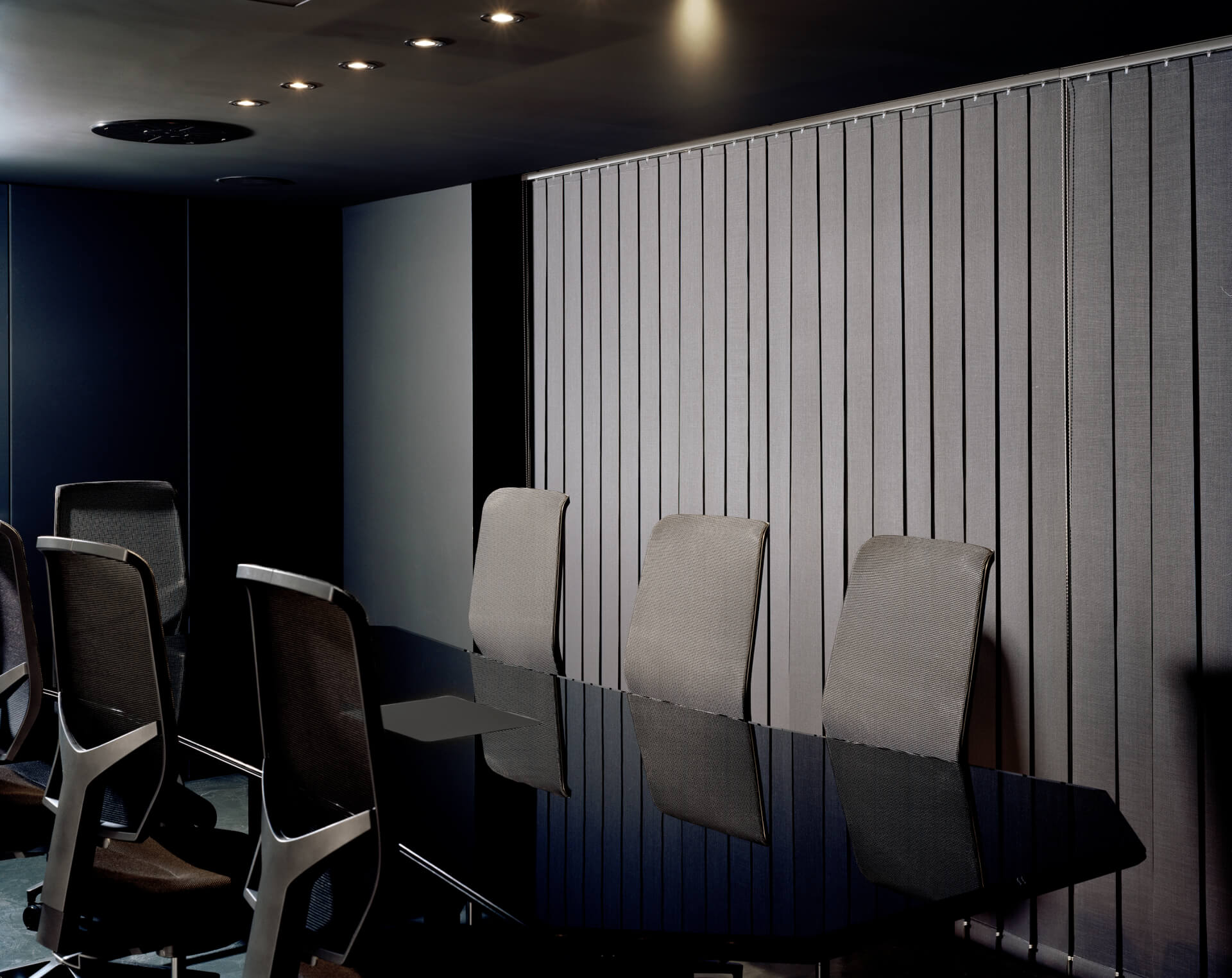



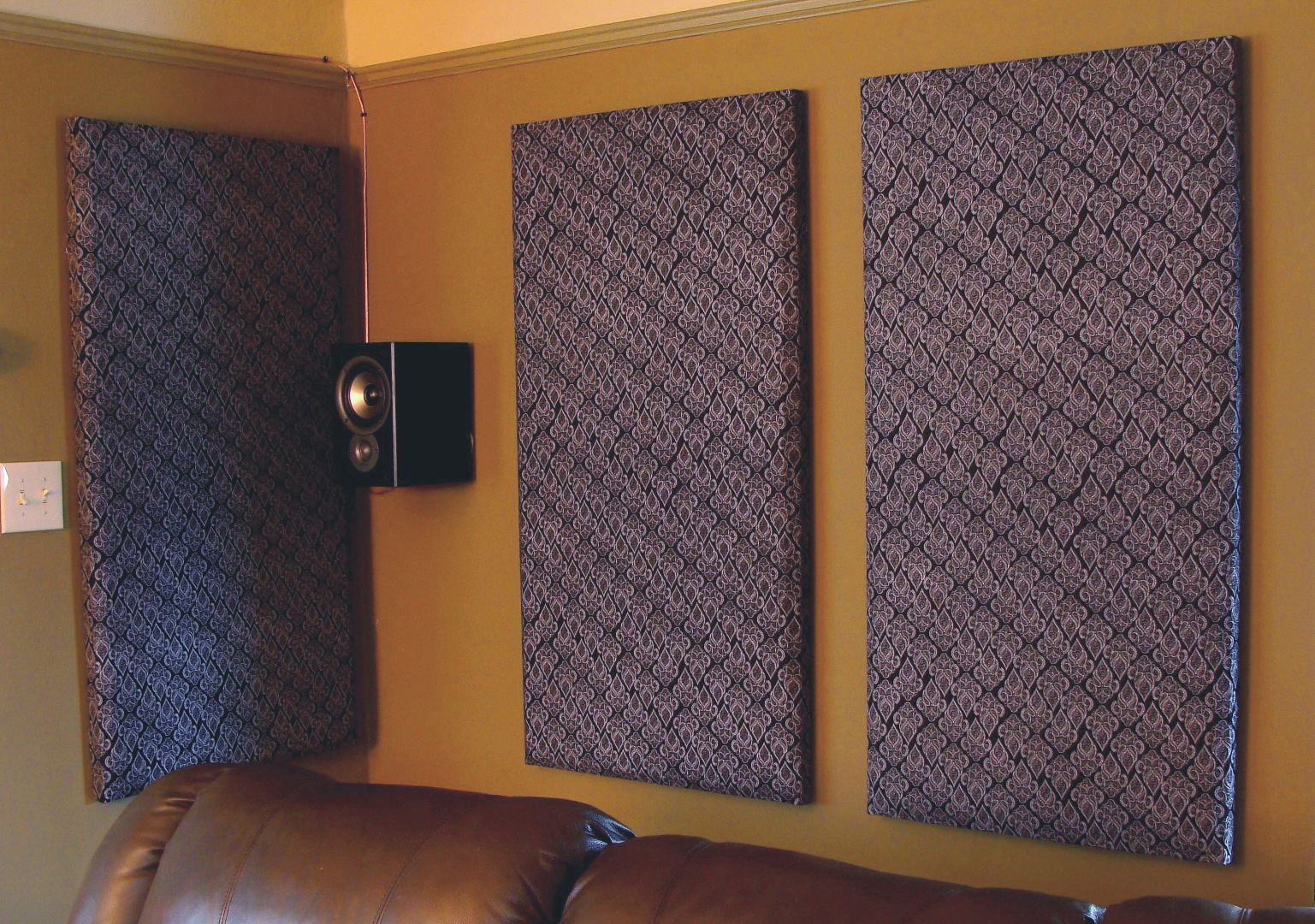



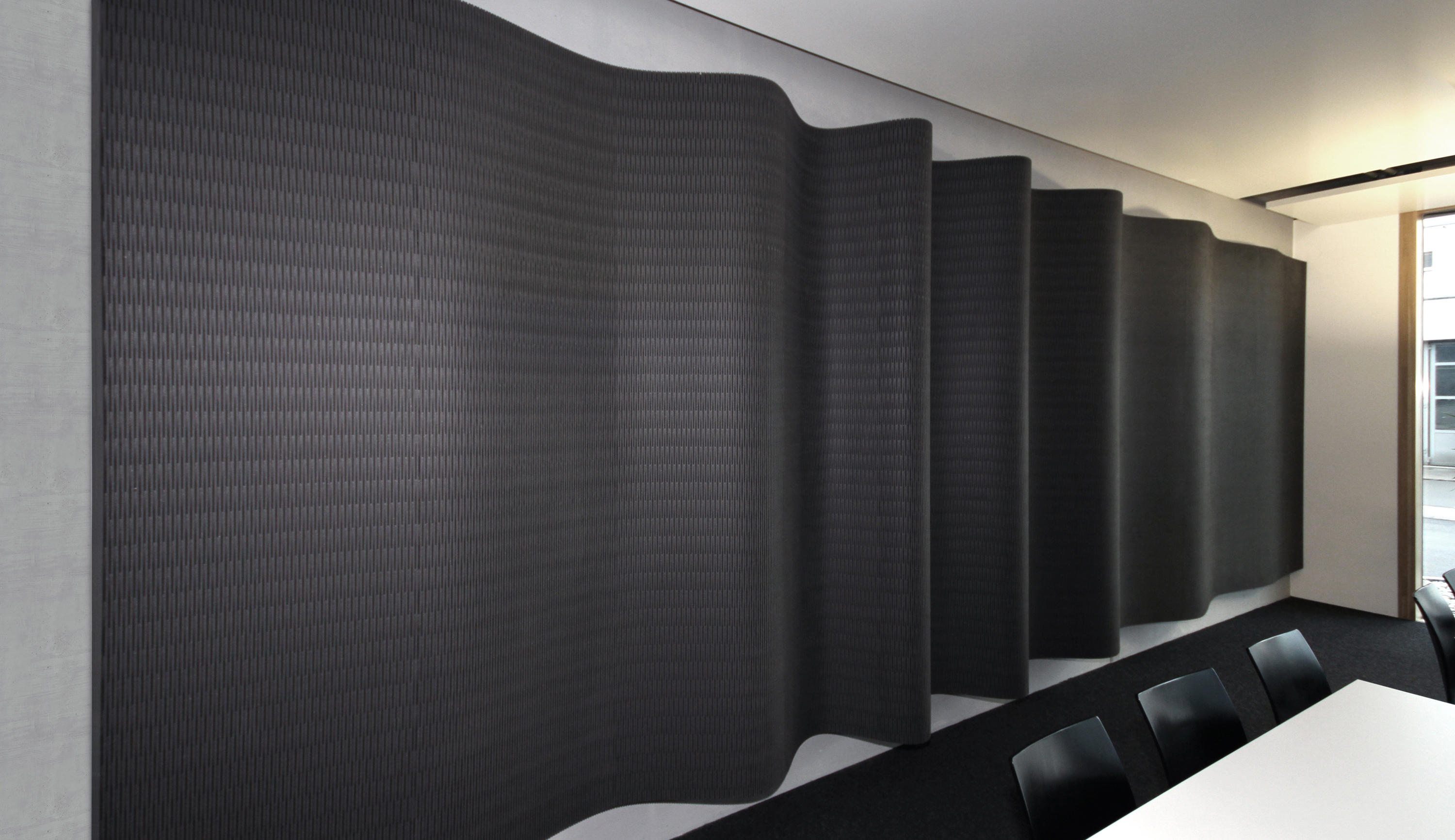

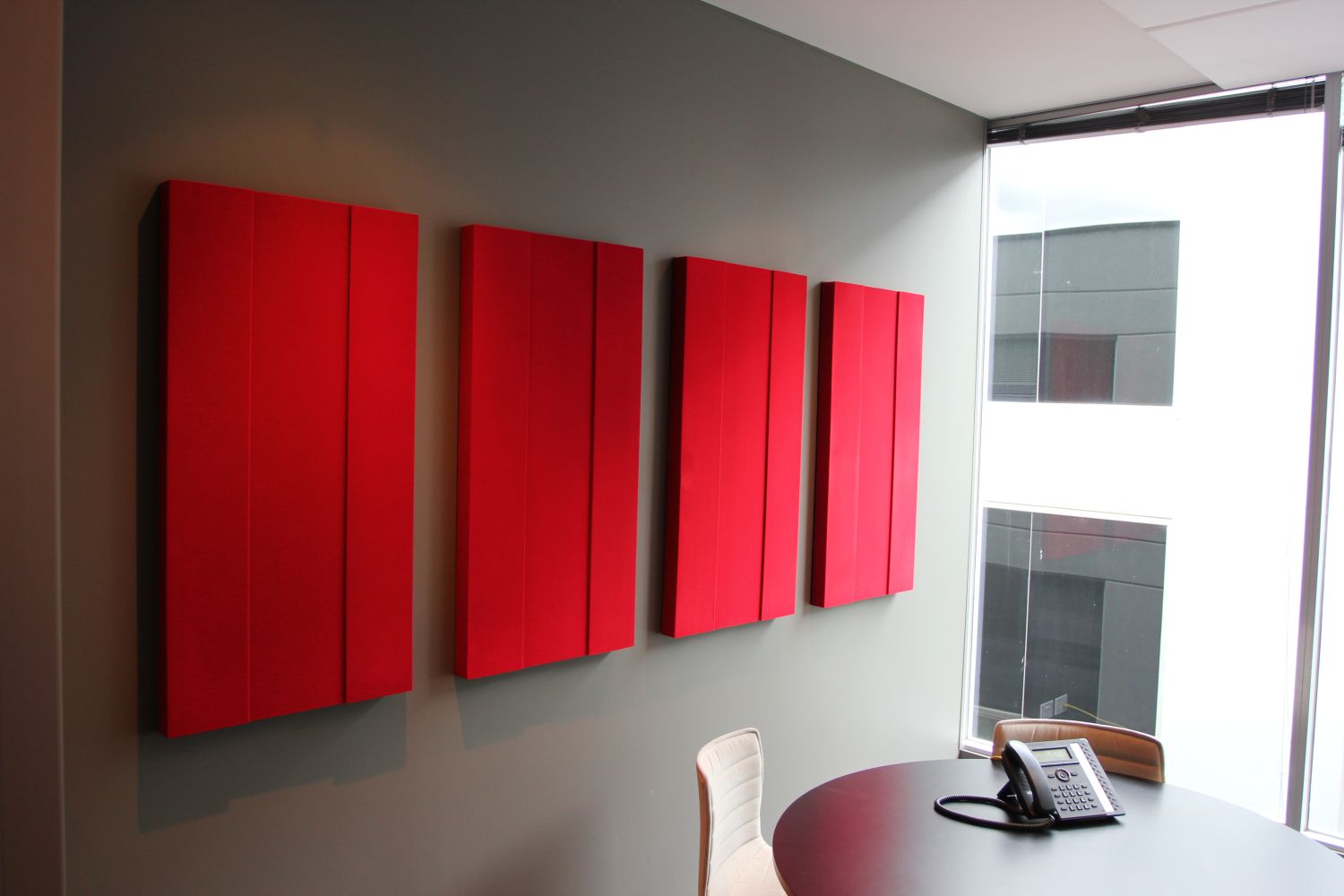
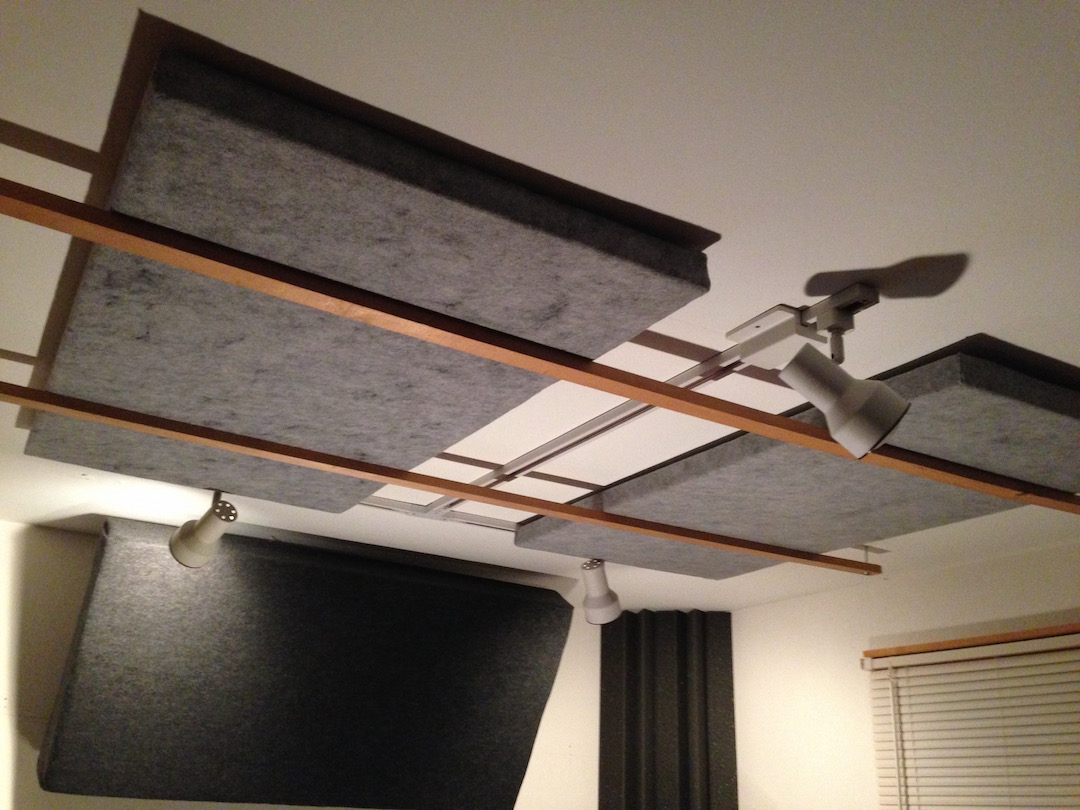





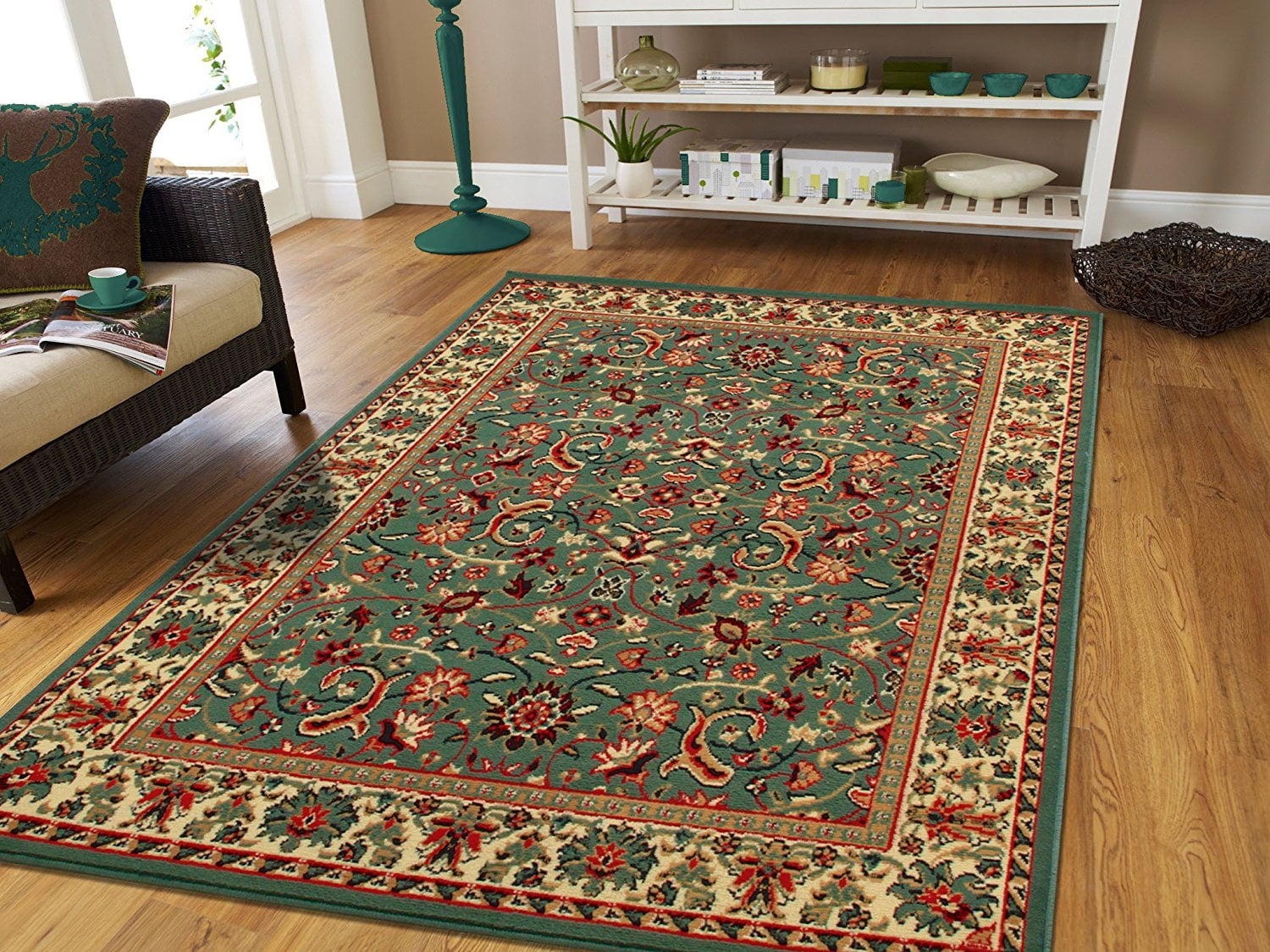
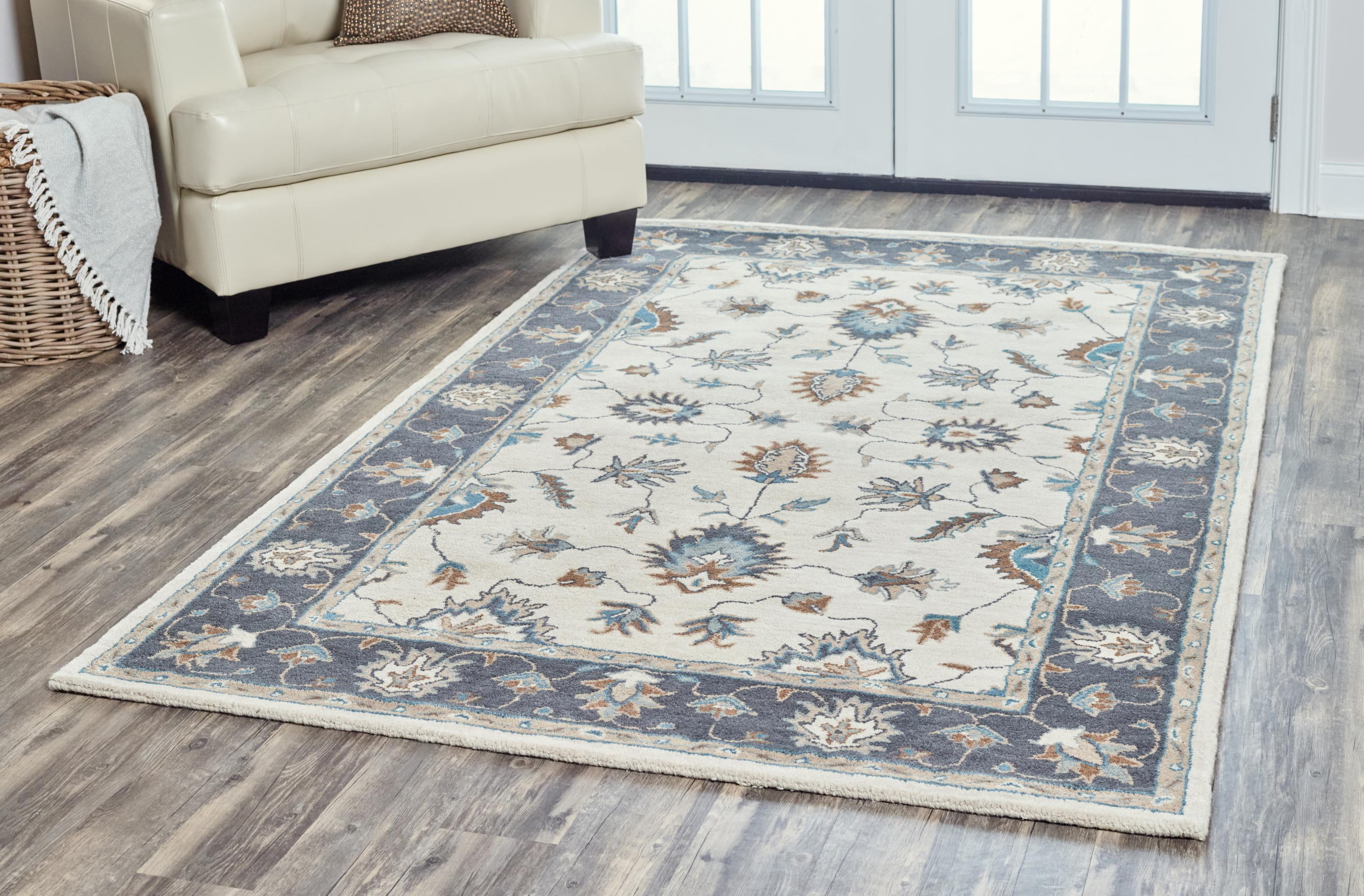

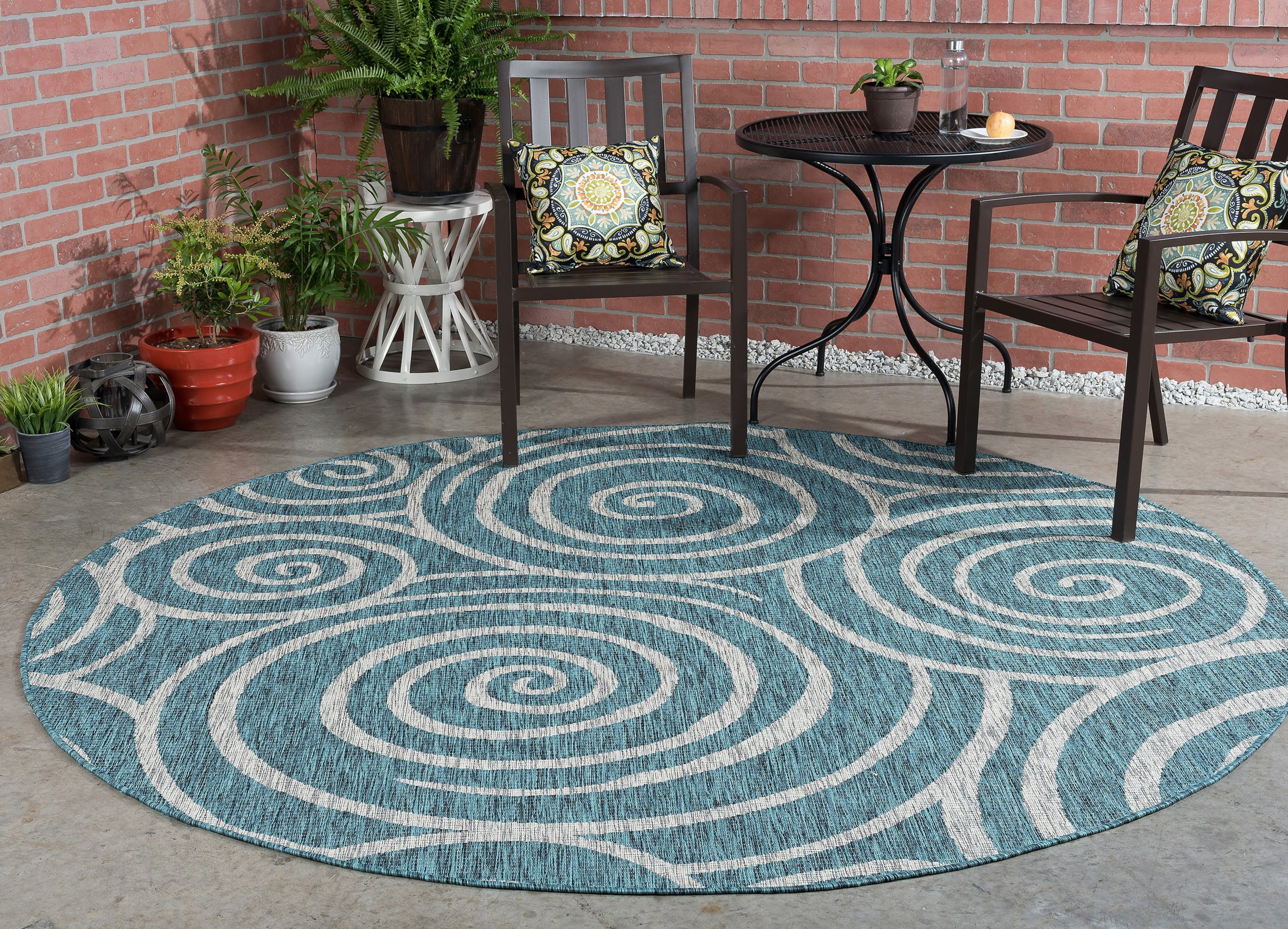
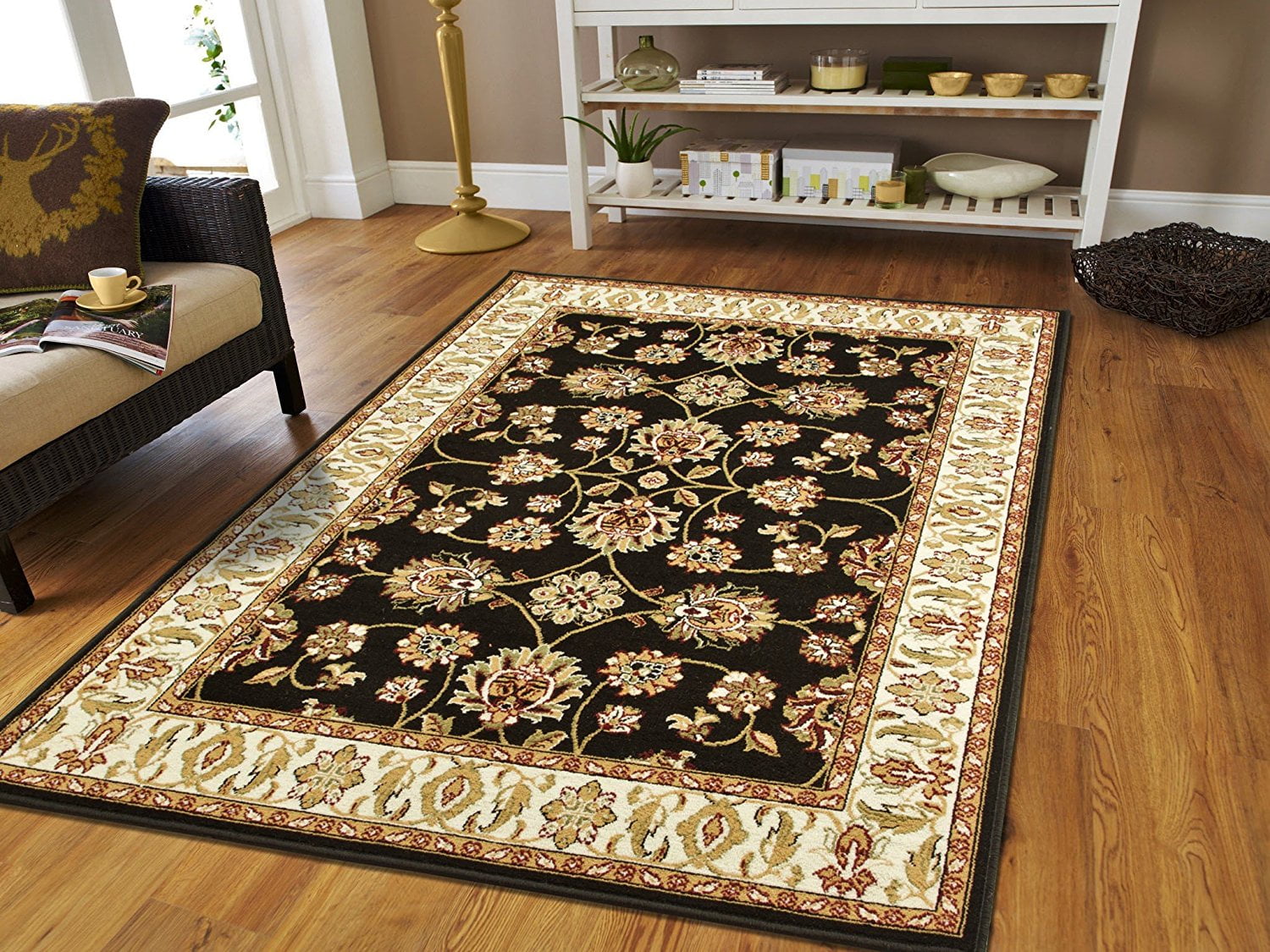
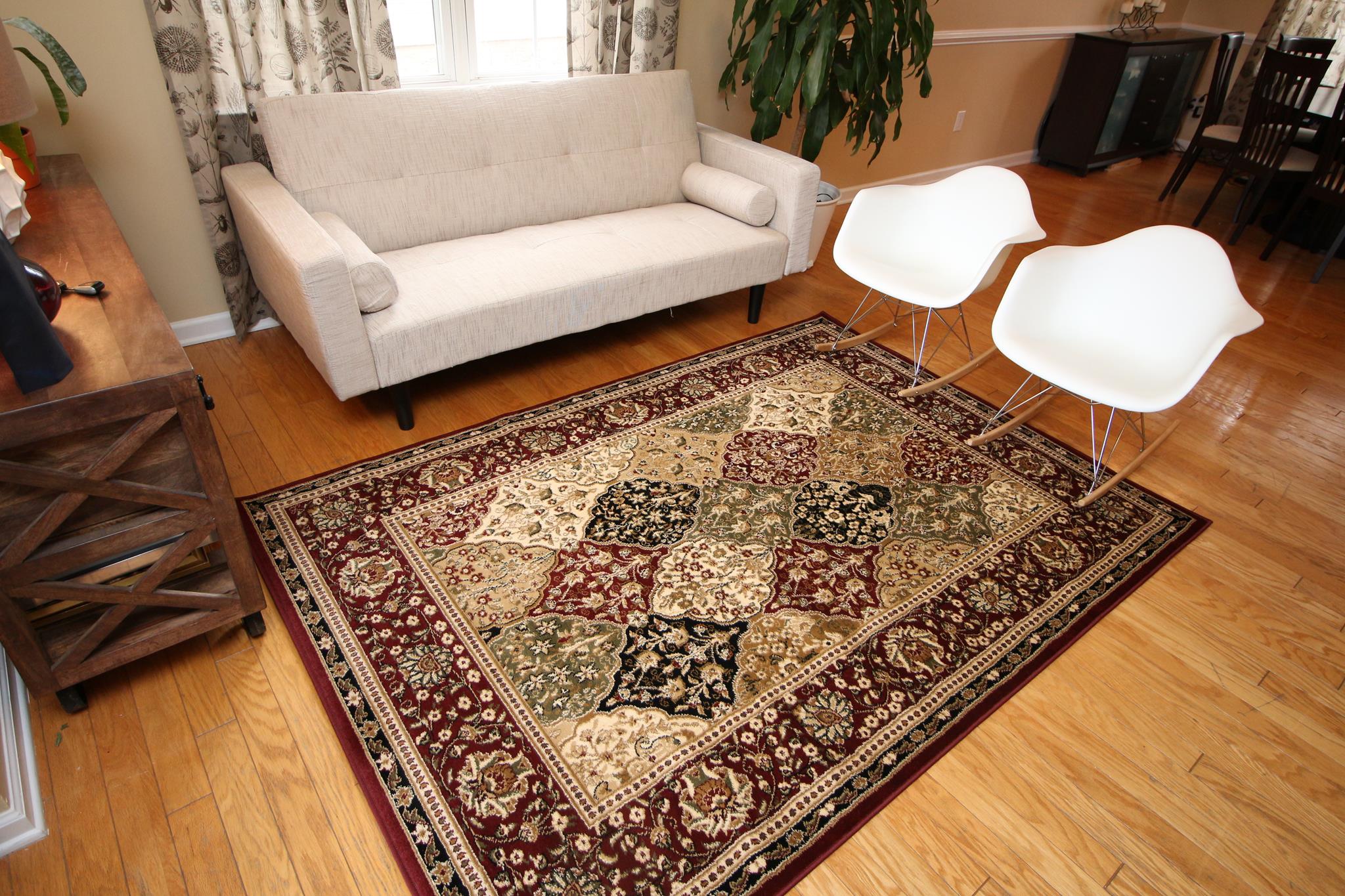
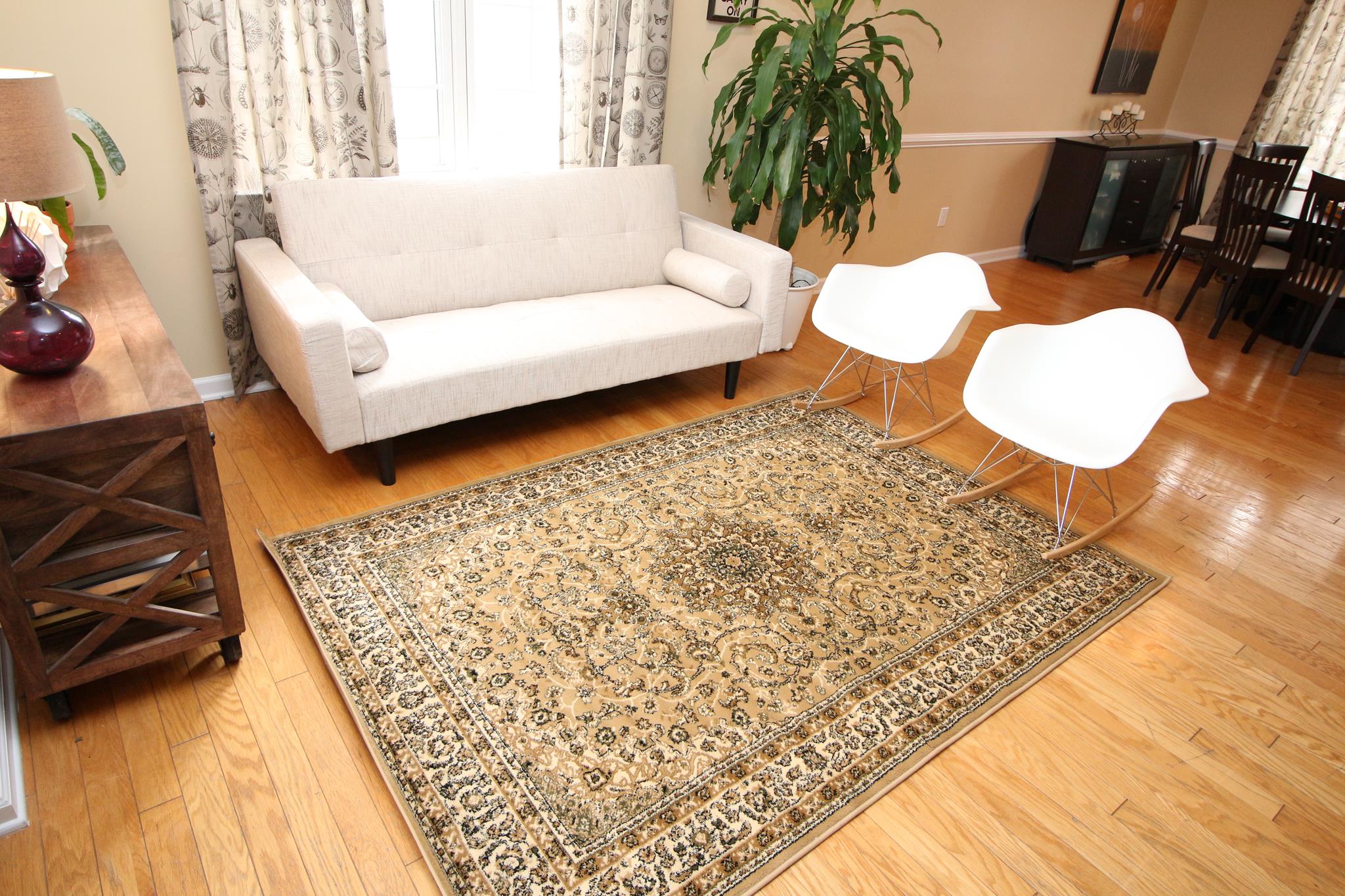






















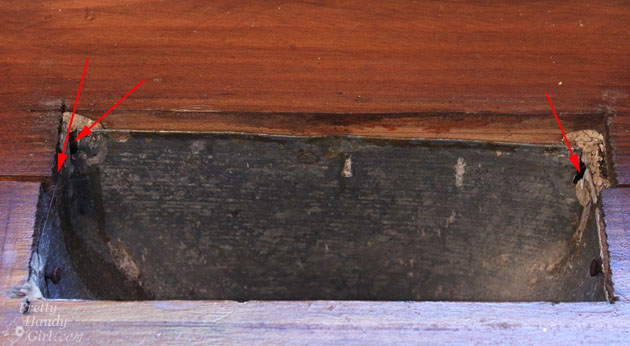

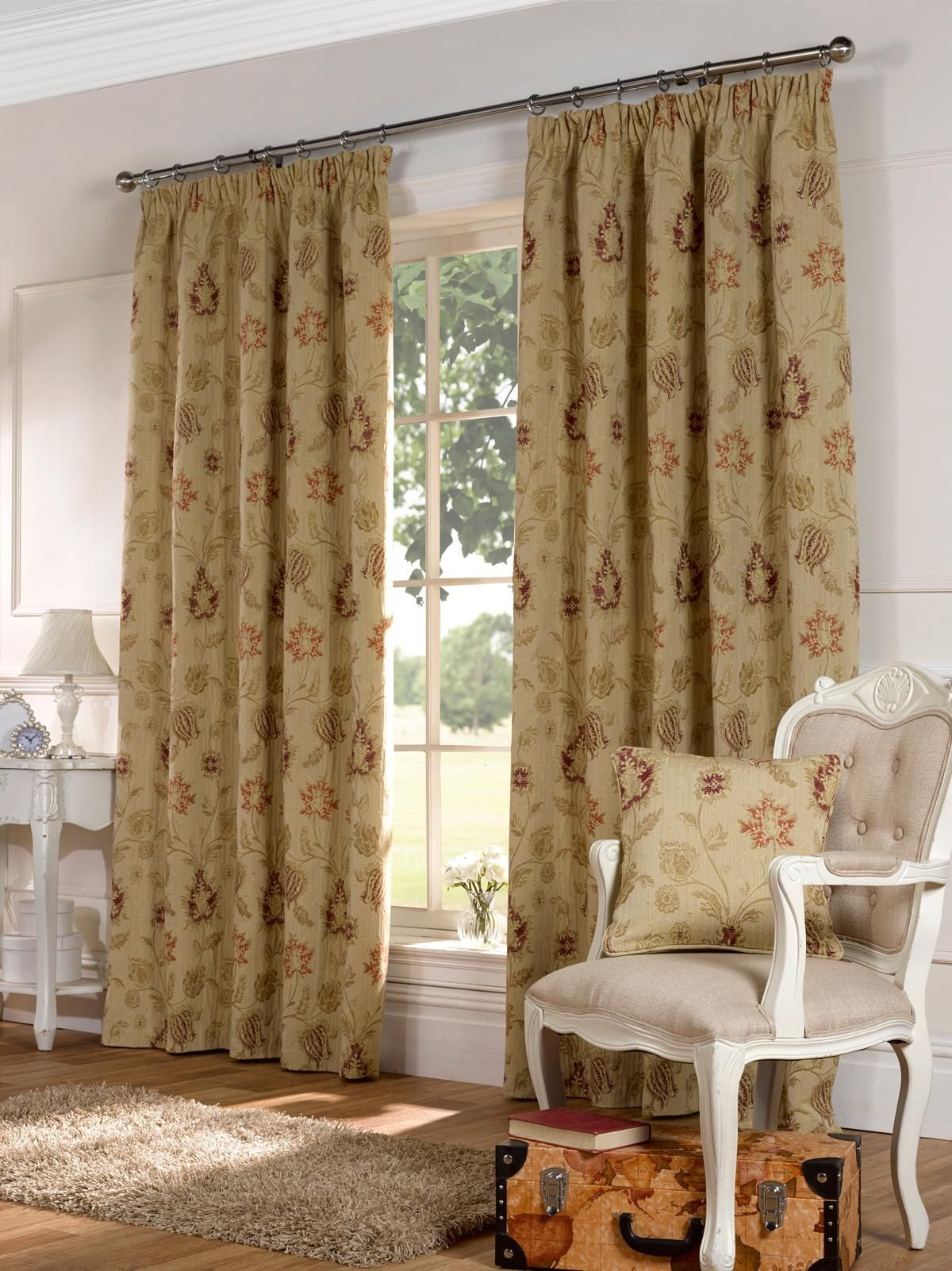
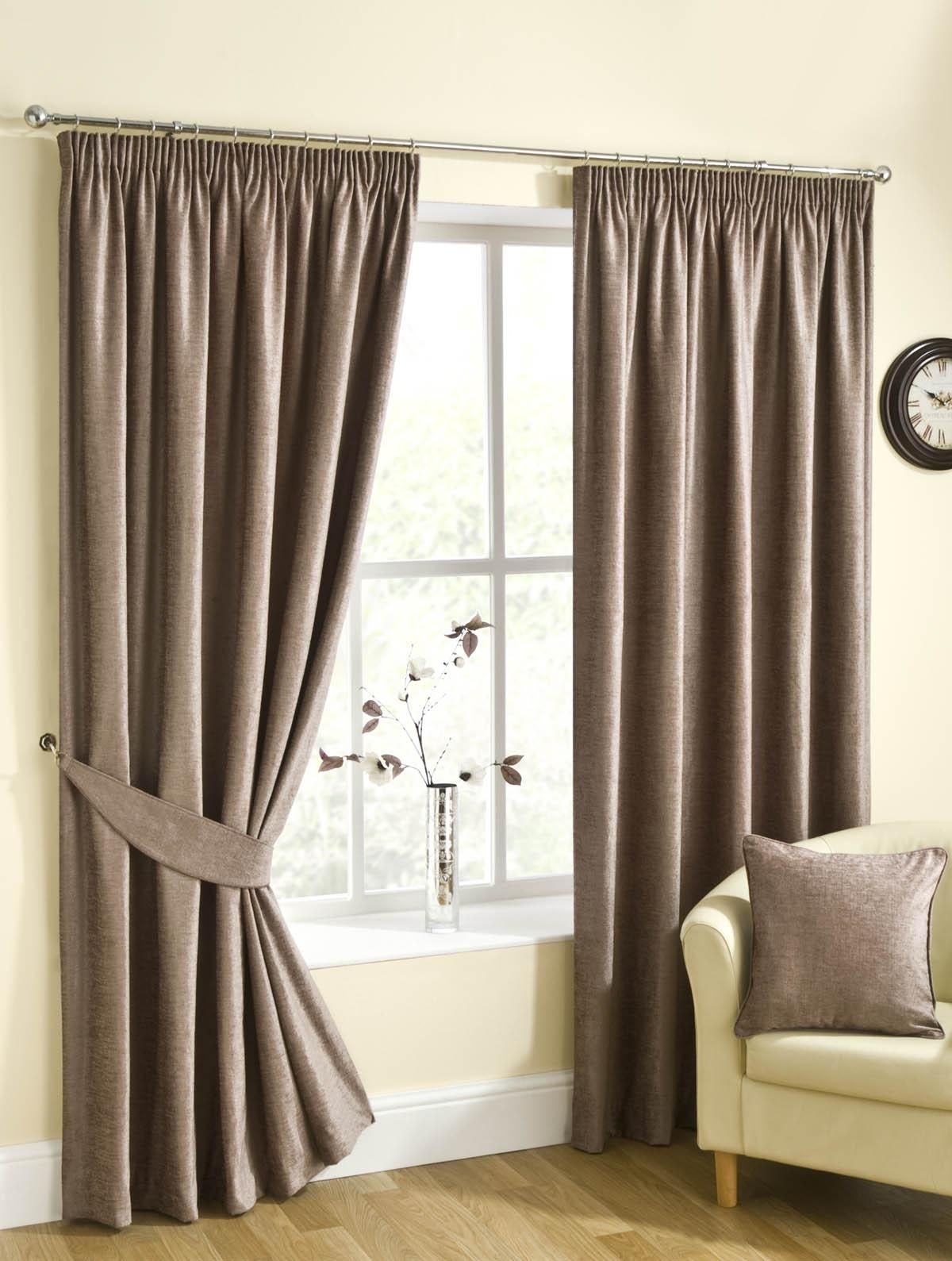




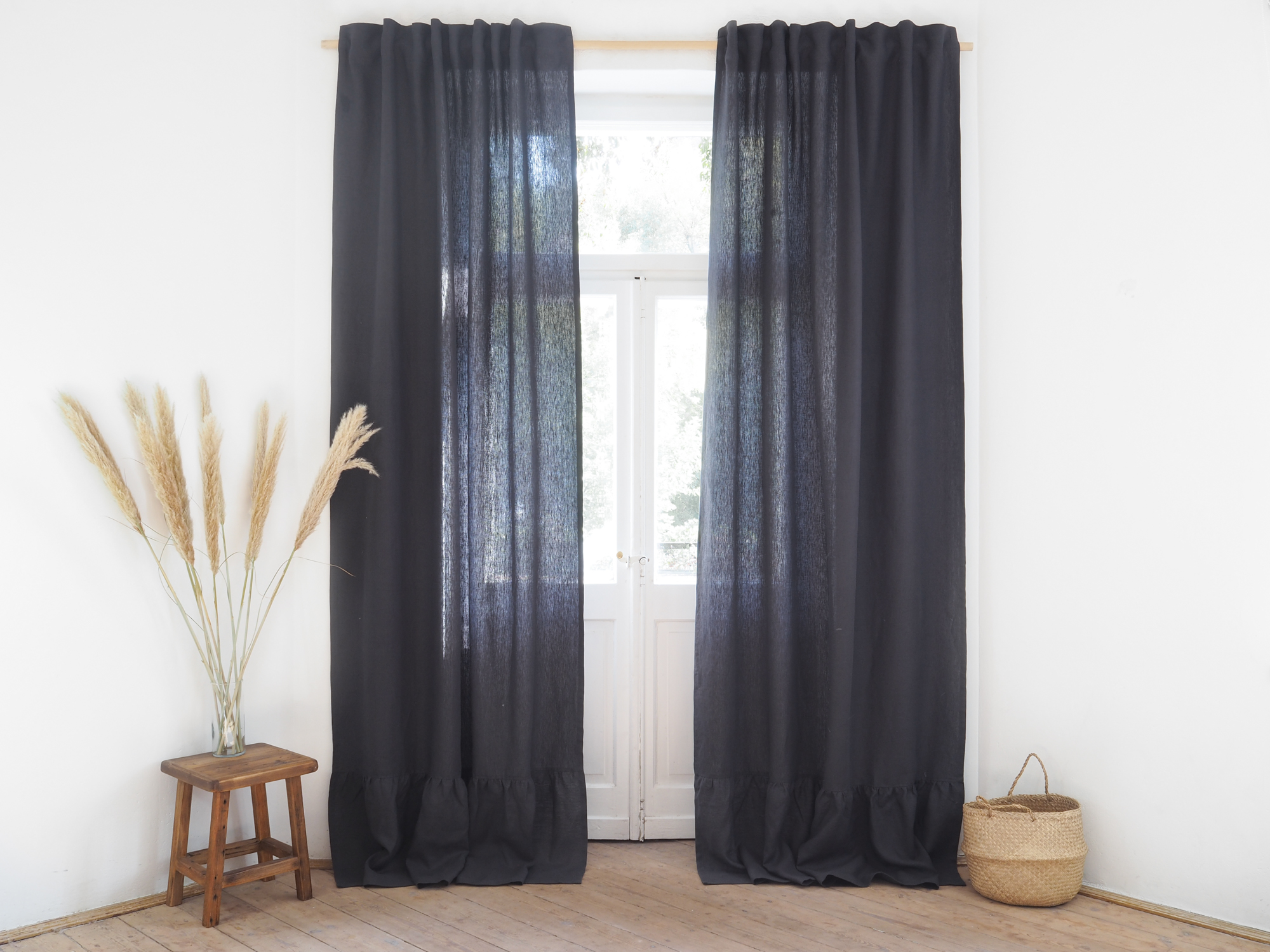

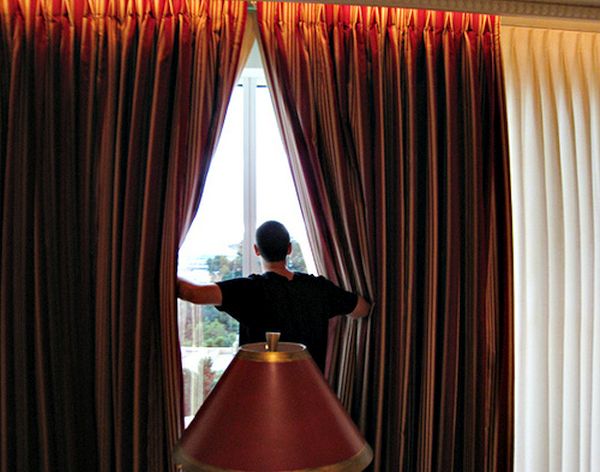
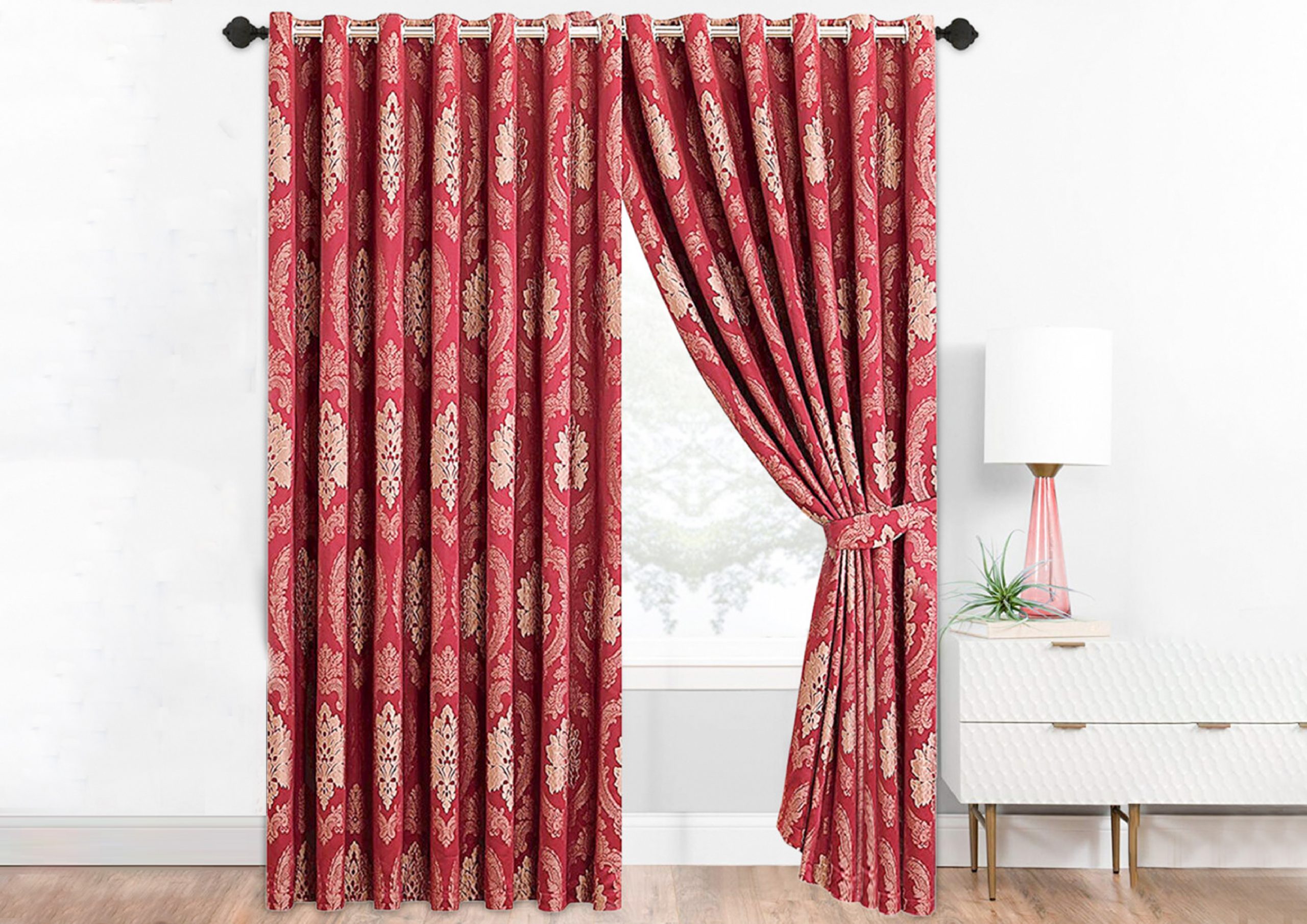






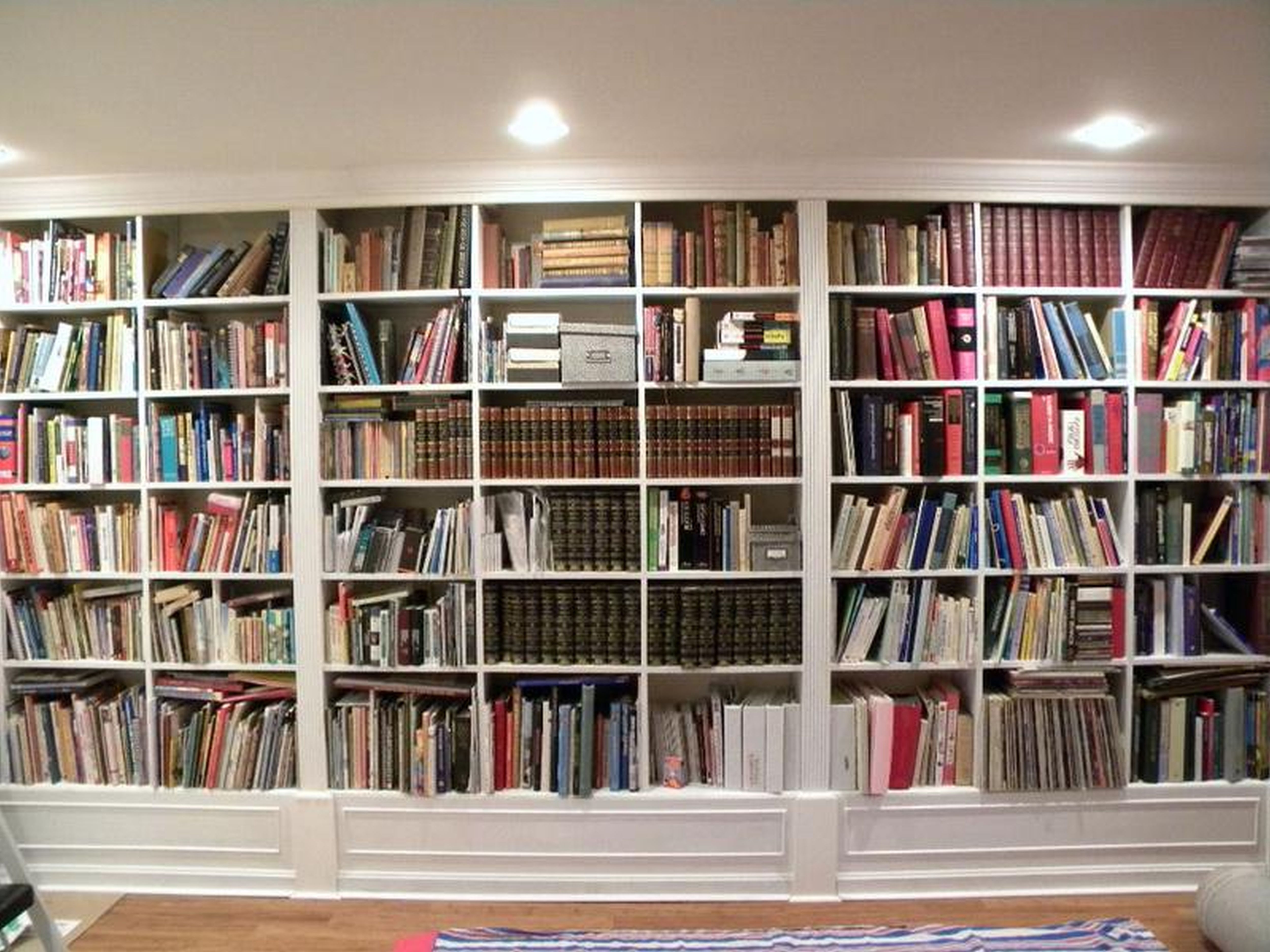
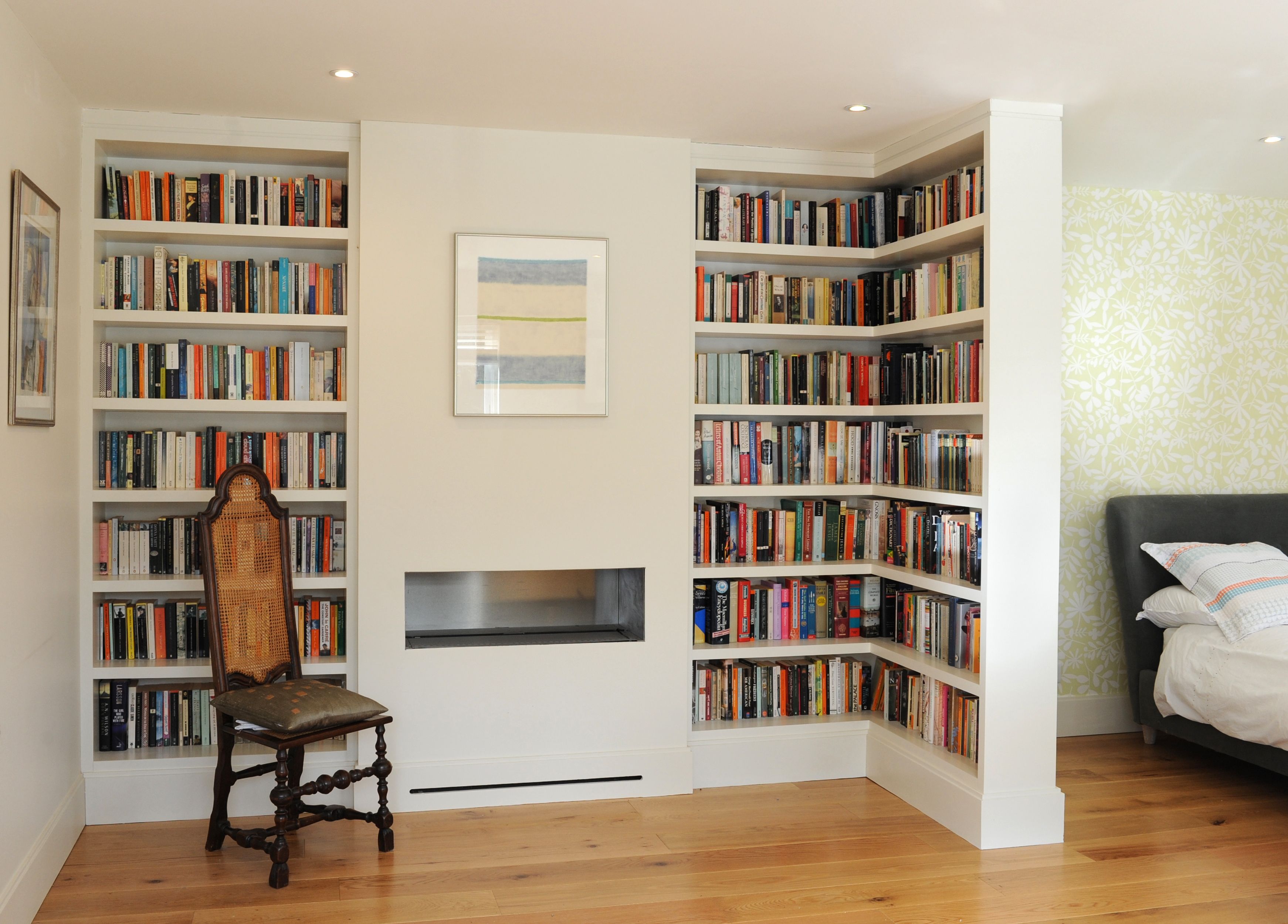




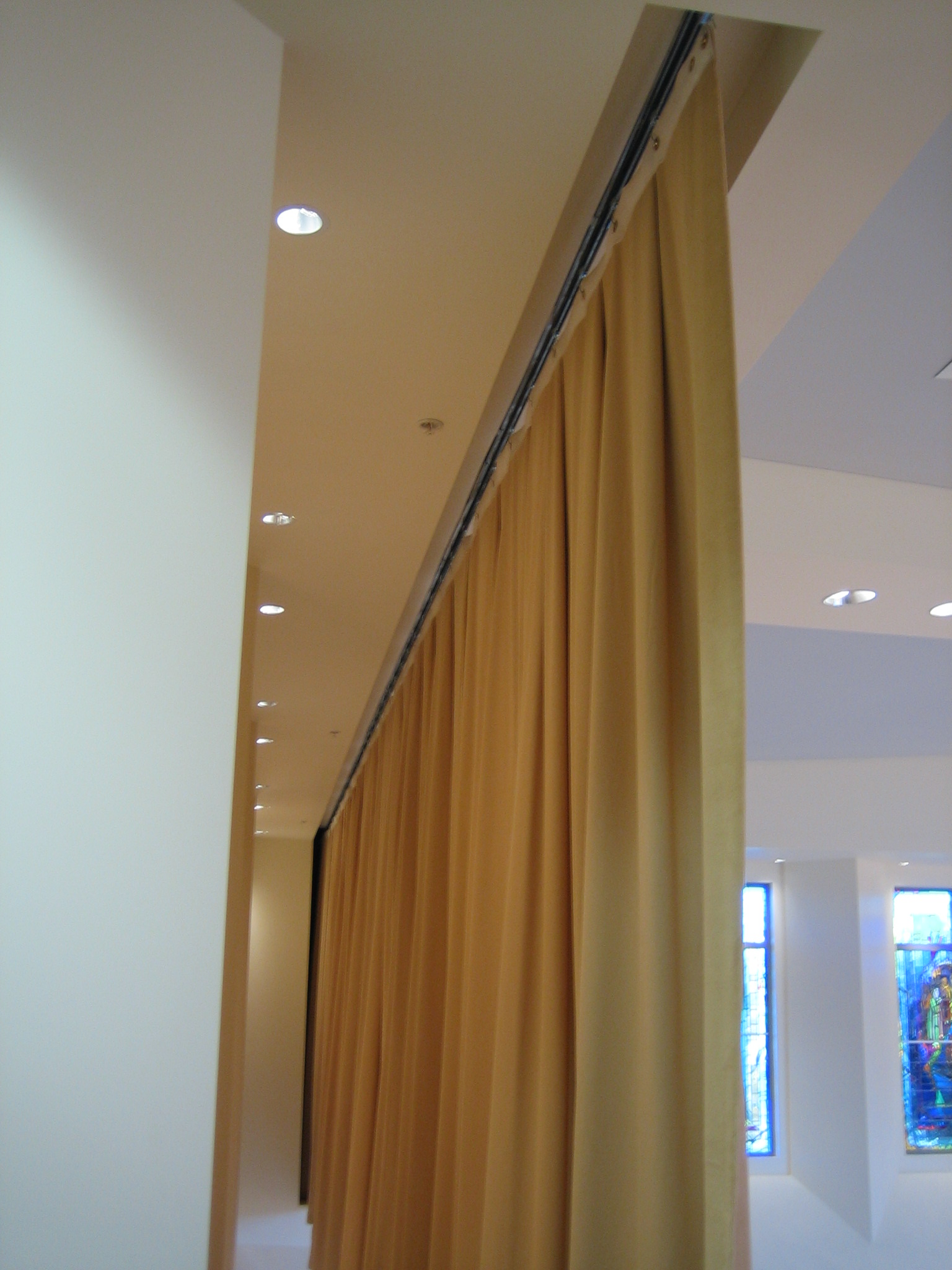



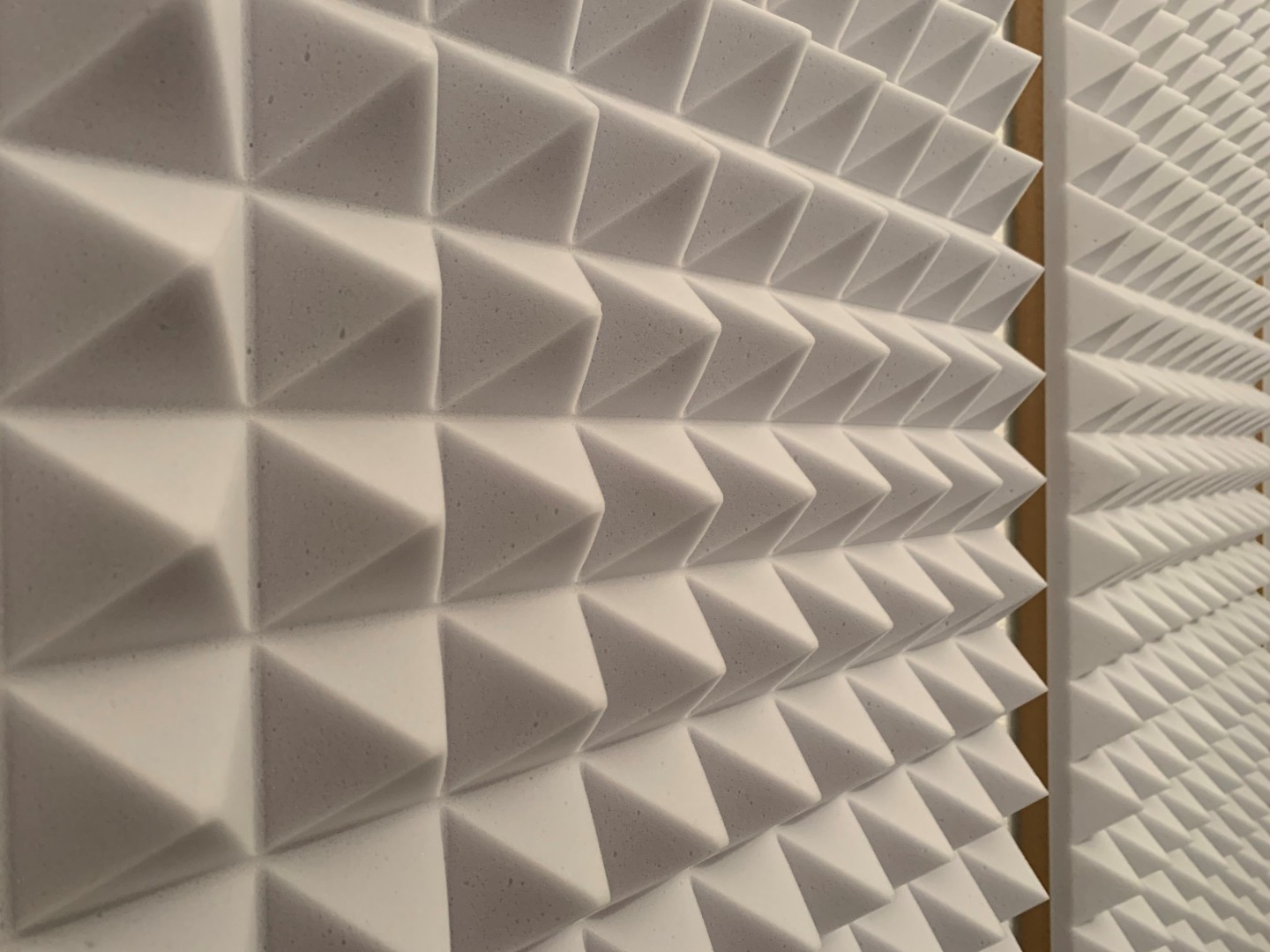









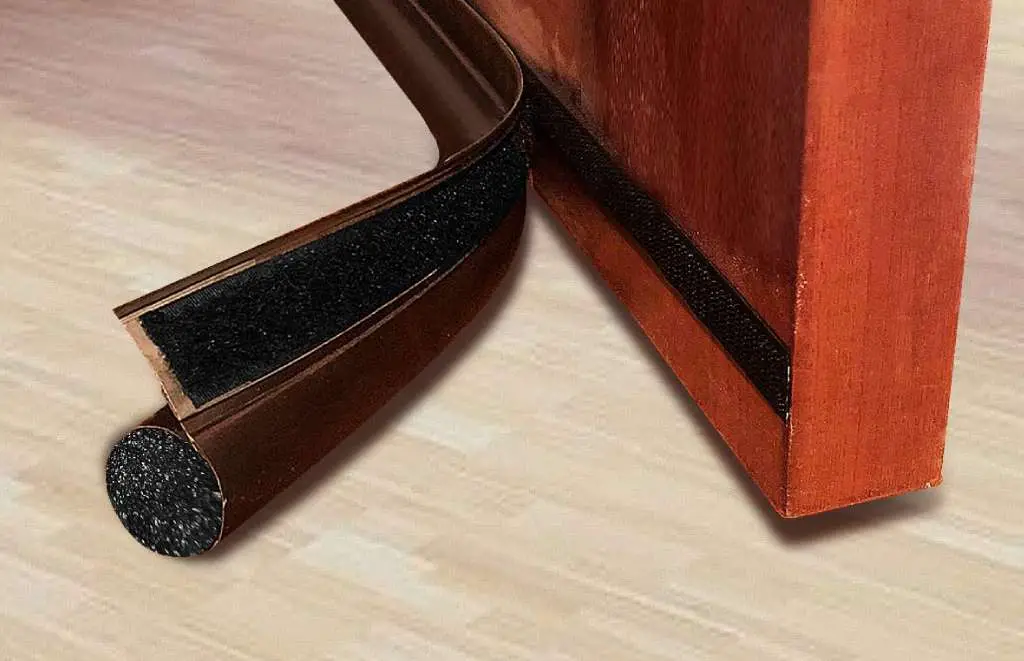
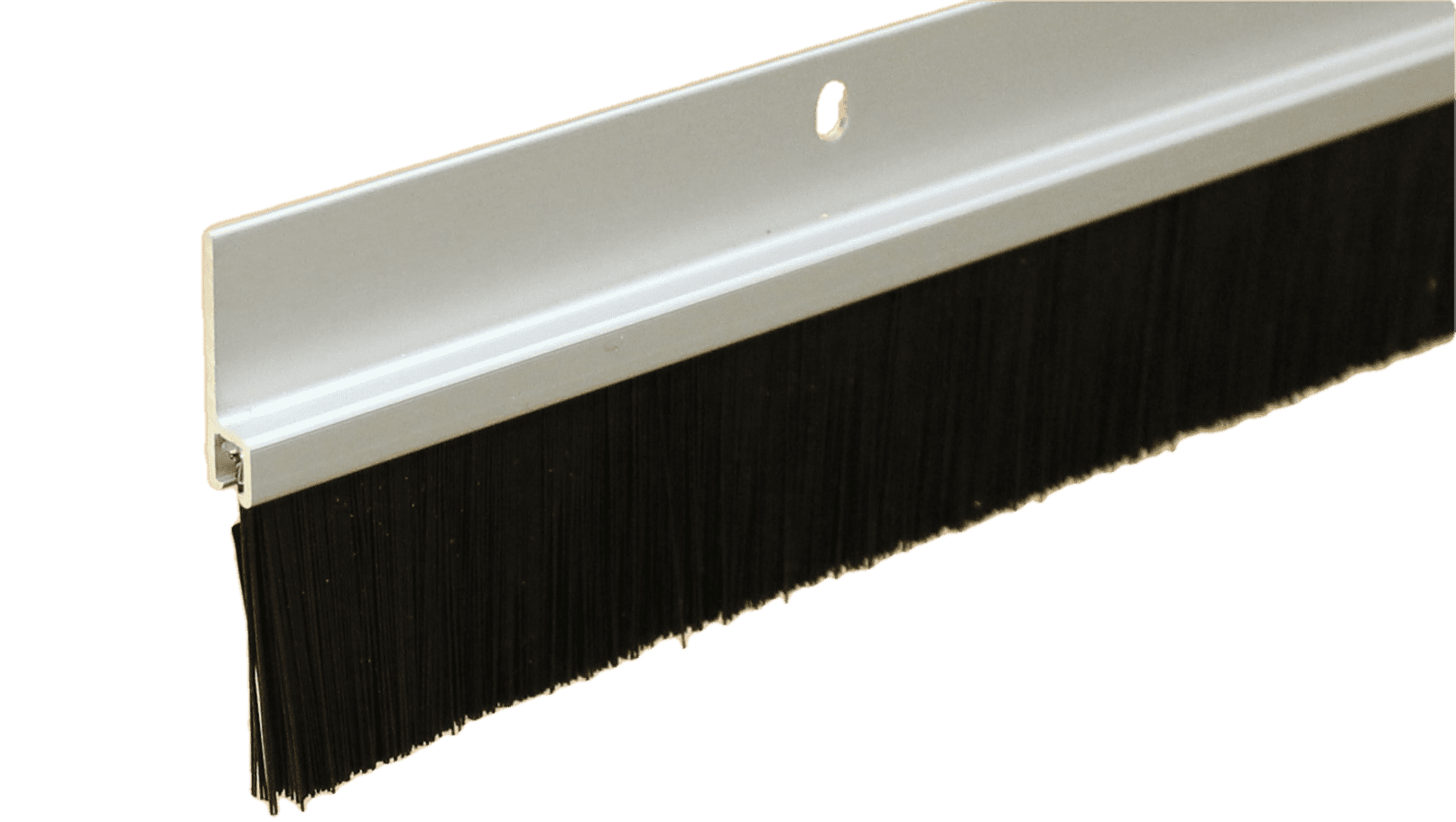


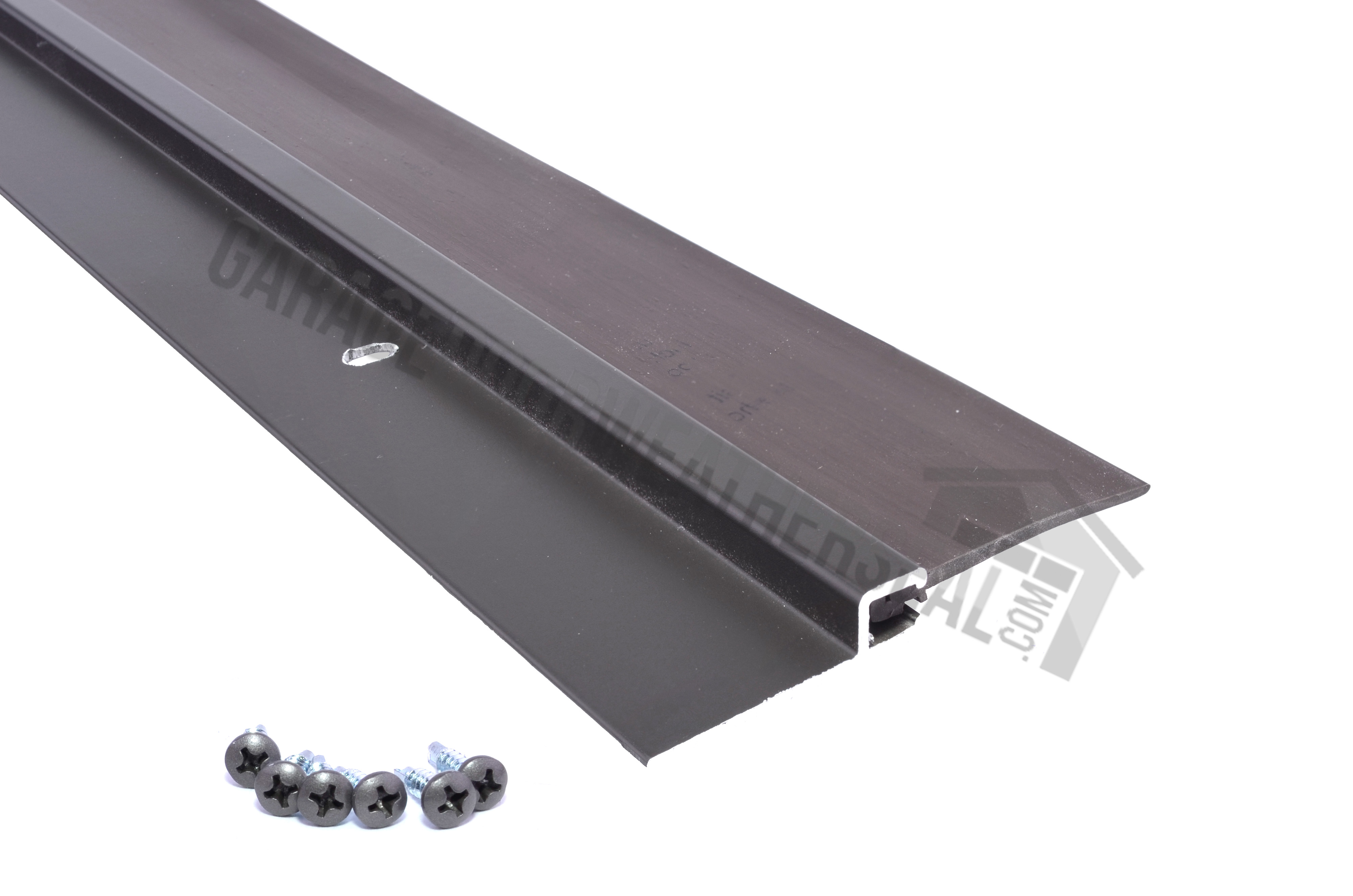
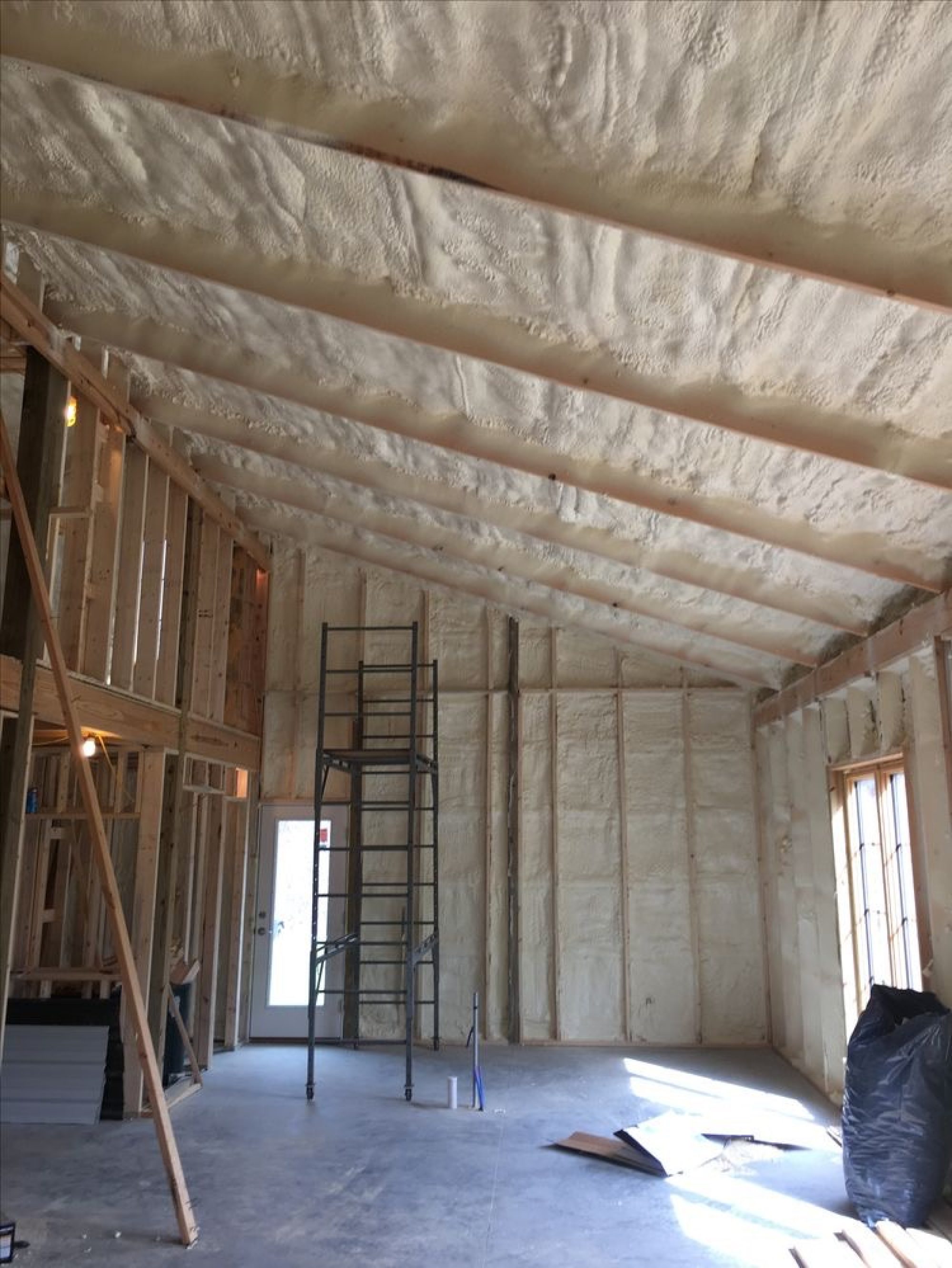
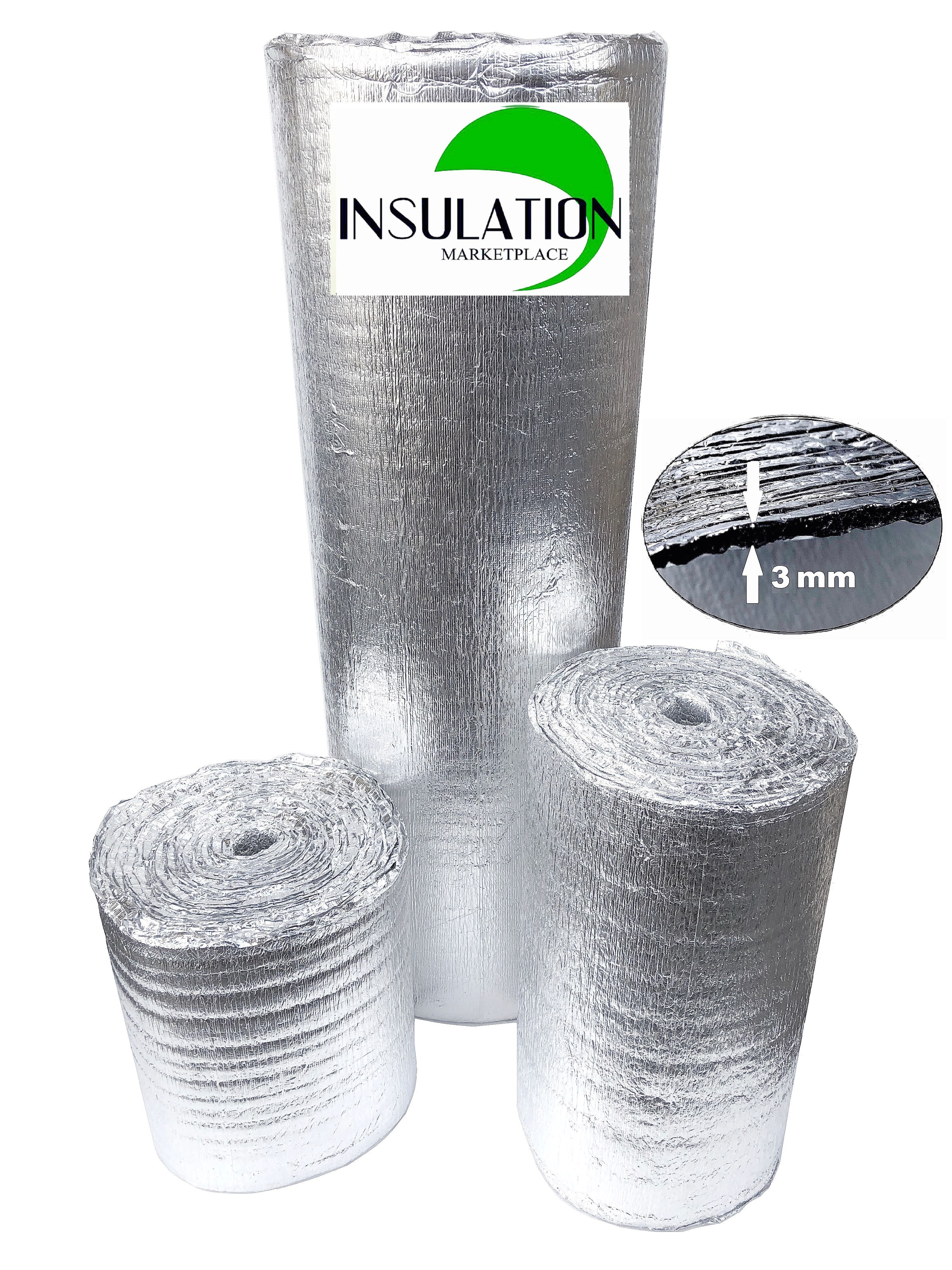



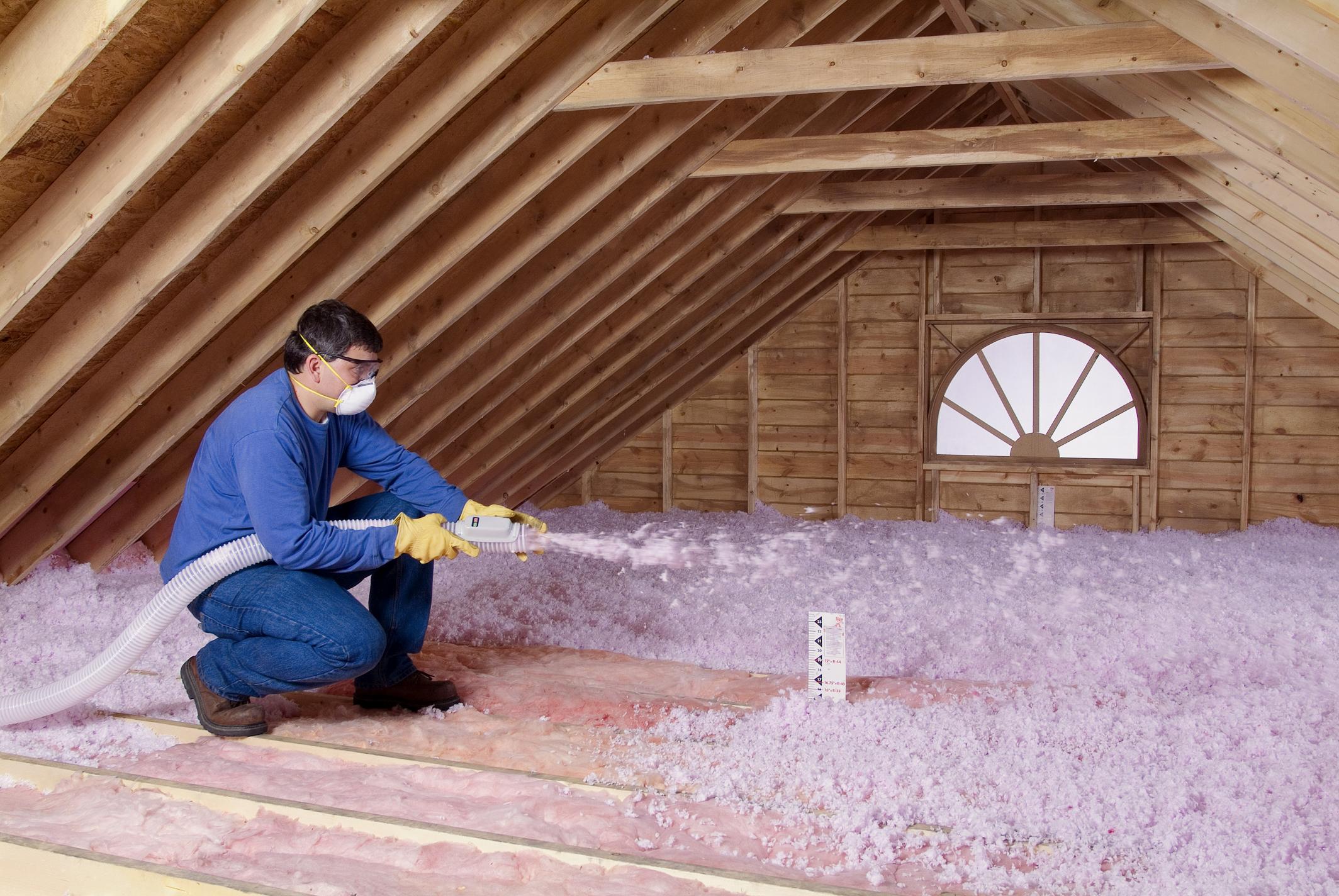


/182186960ps-56a343da3df78cf7727c9838.jpg)


